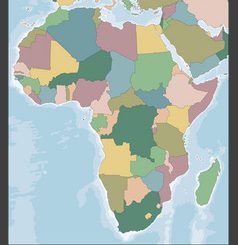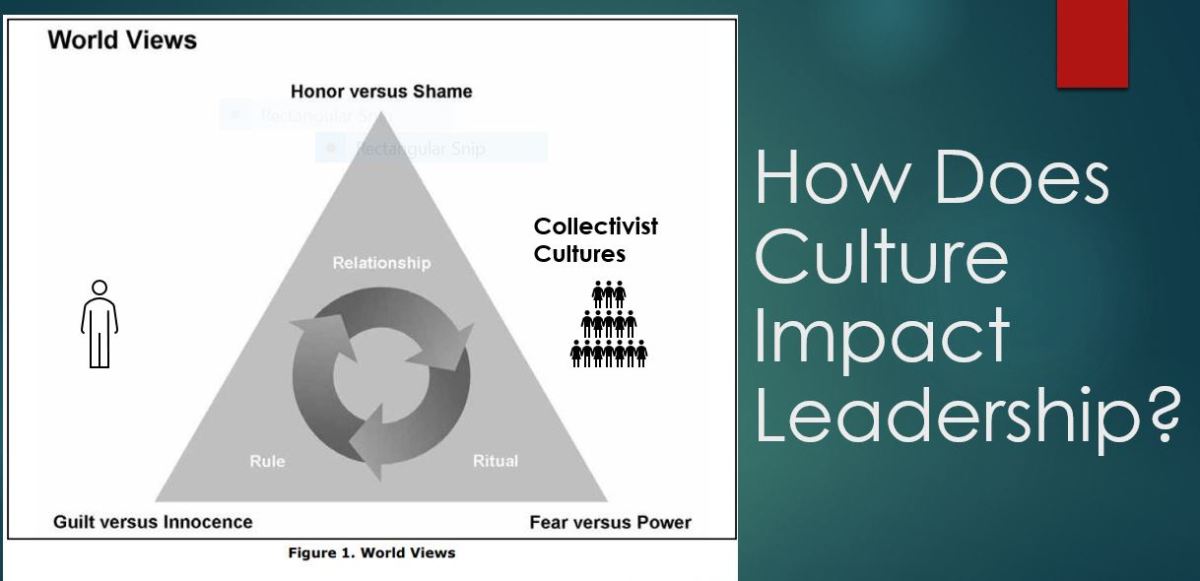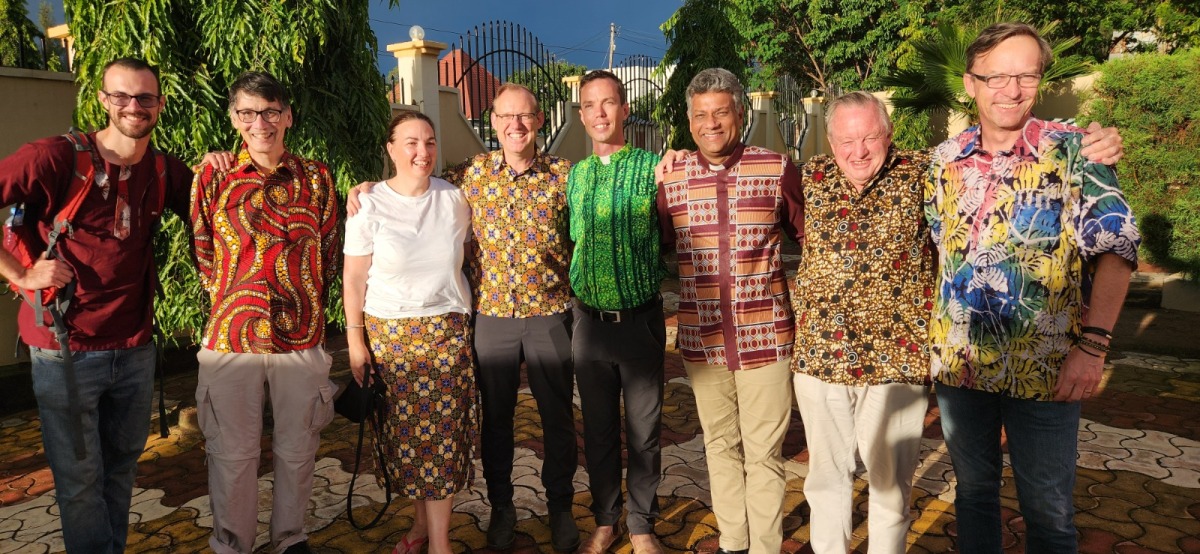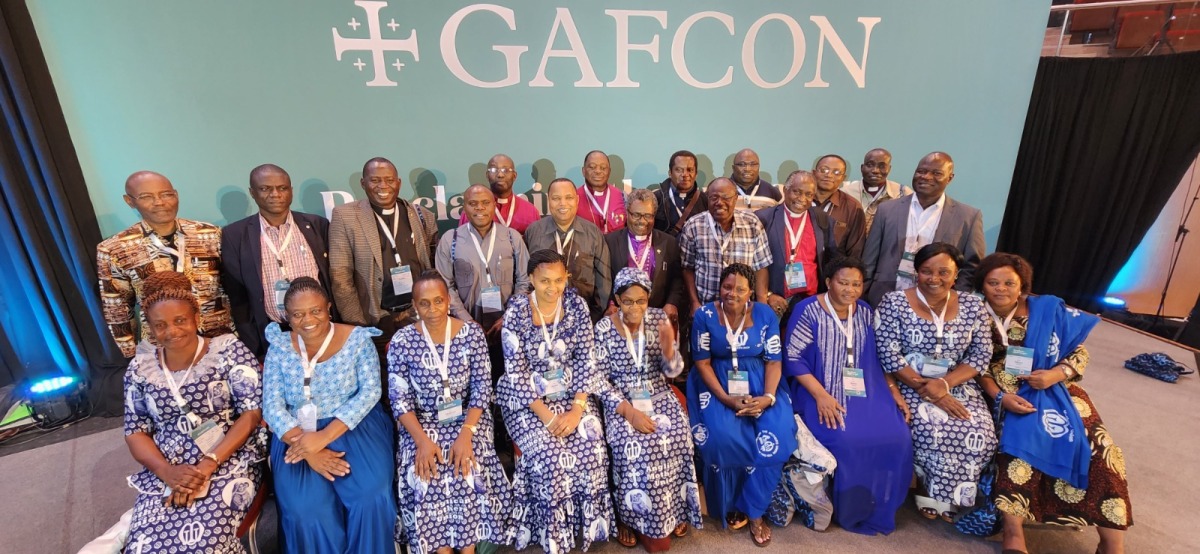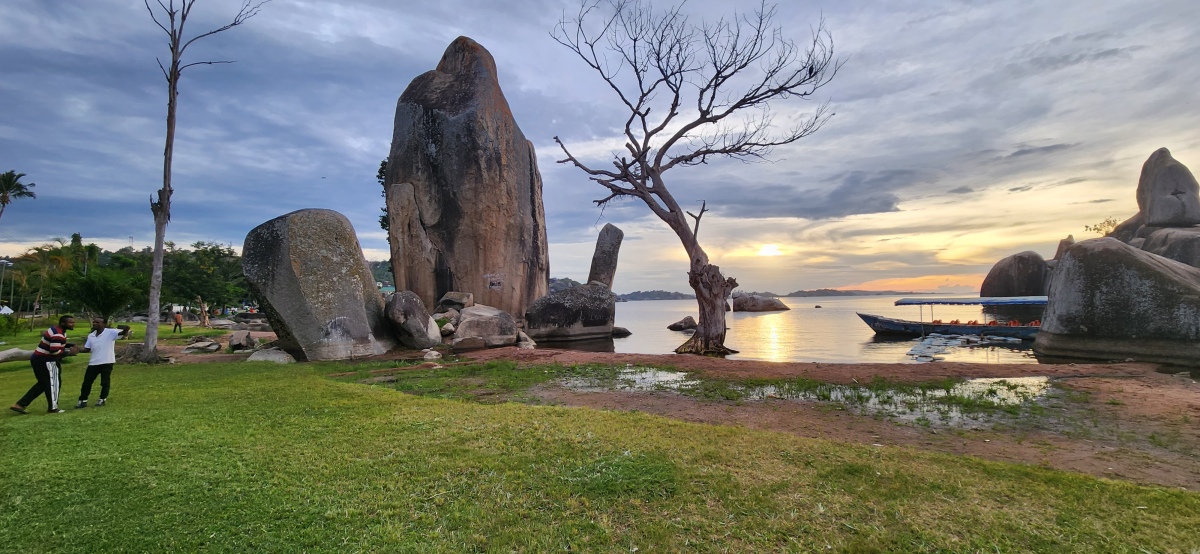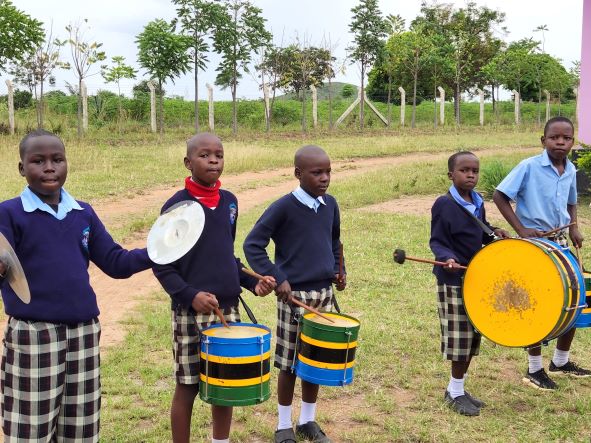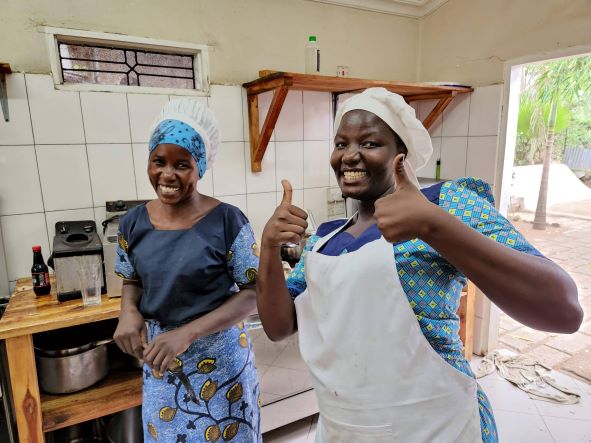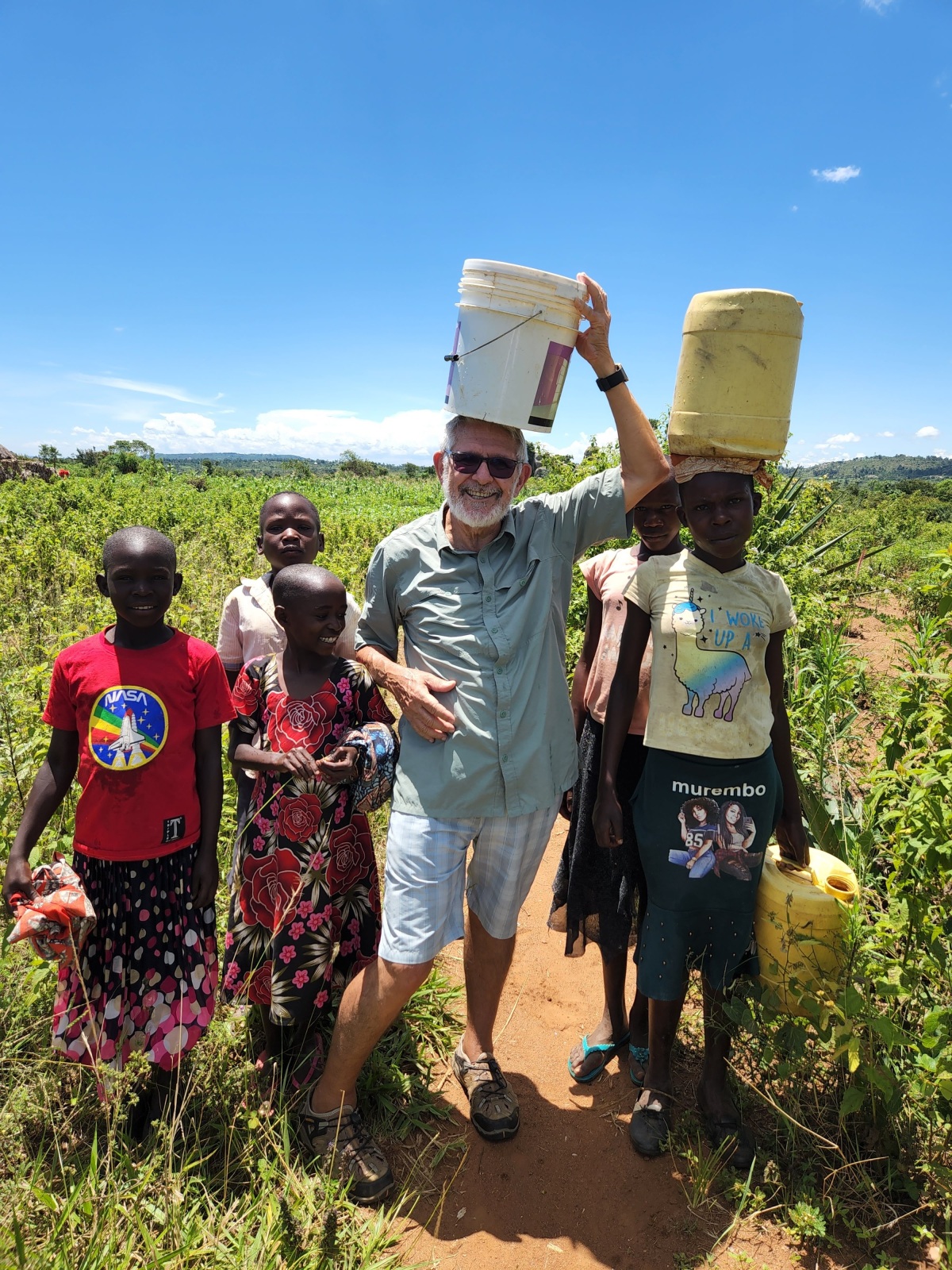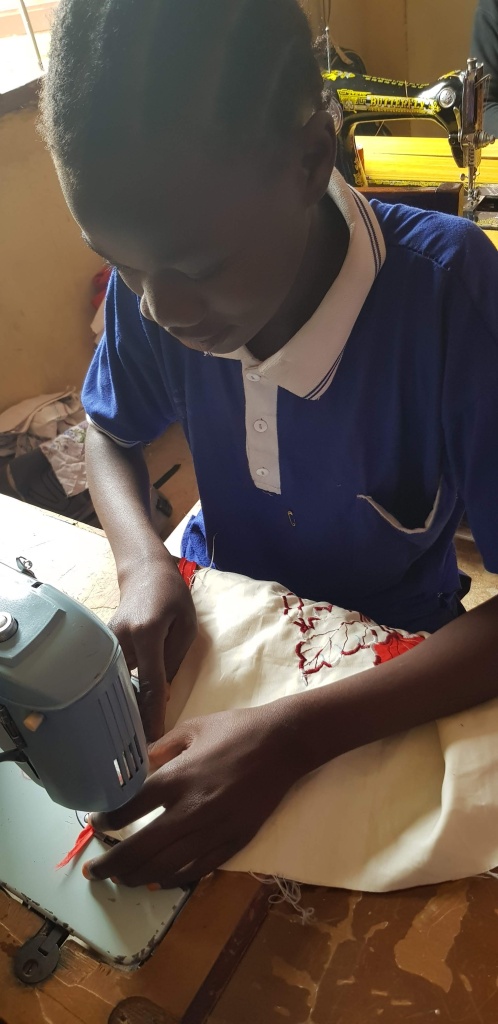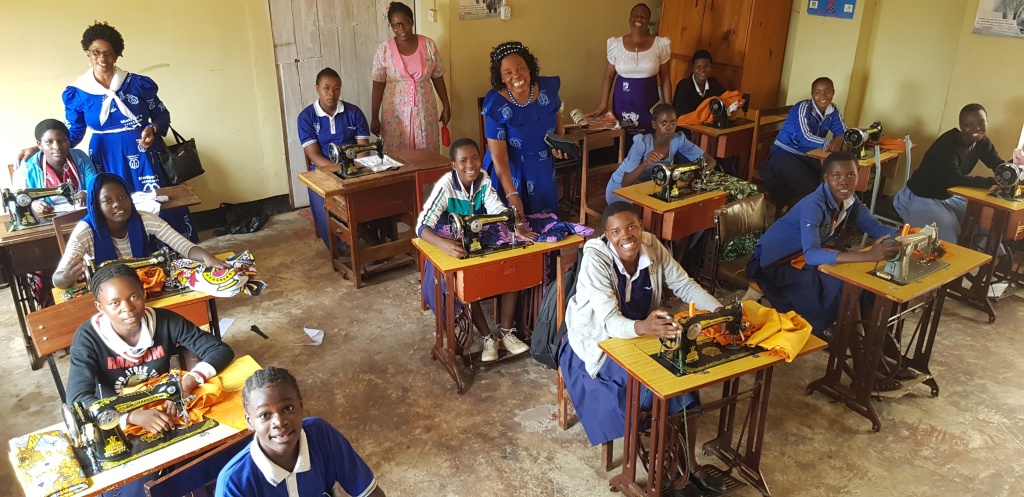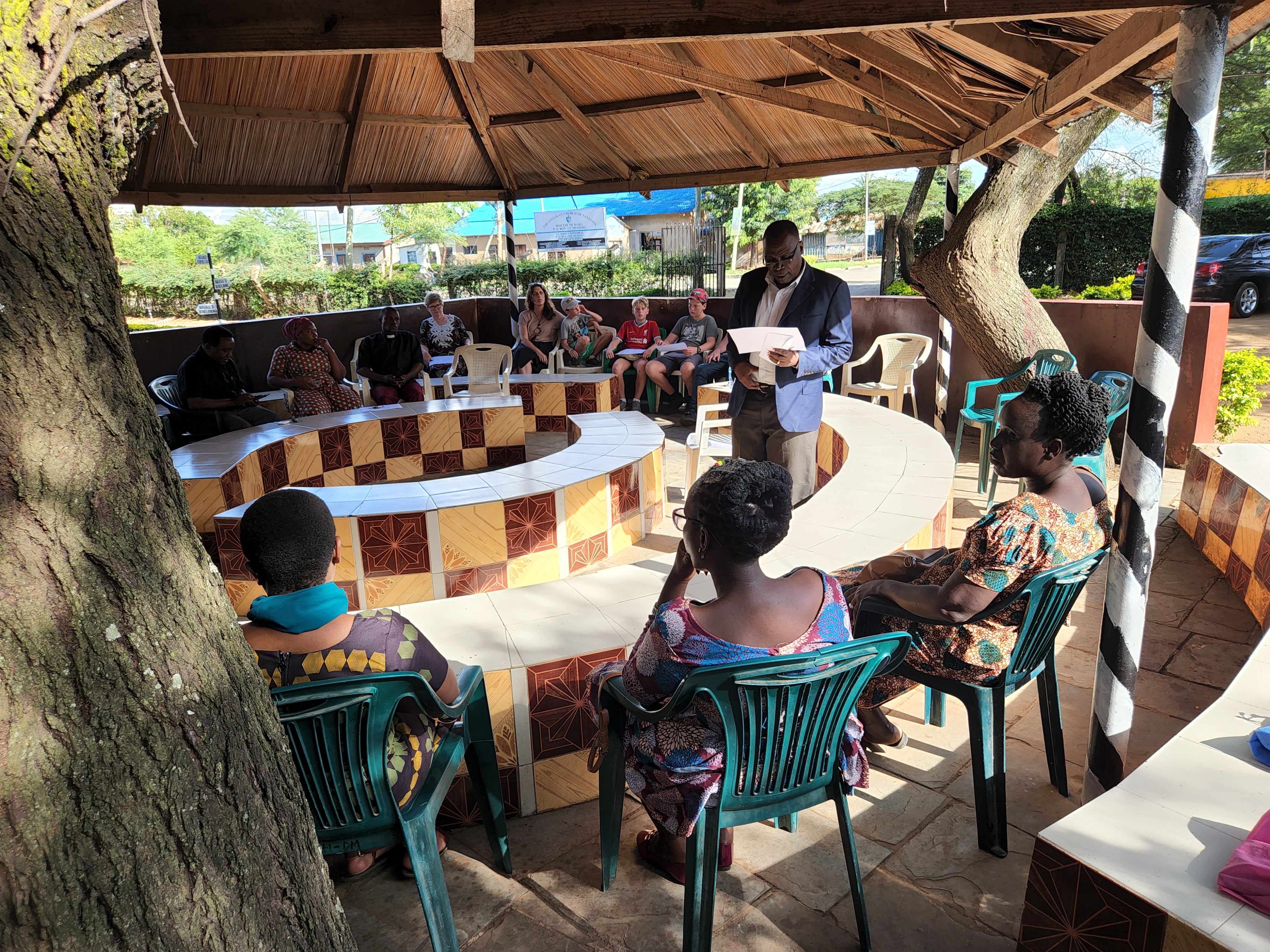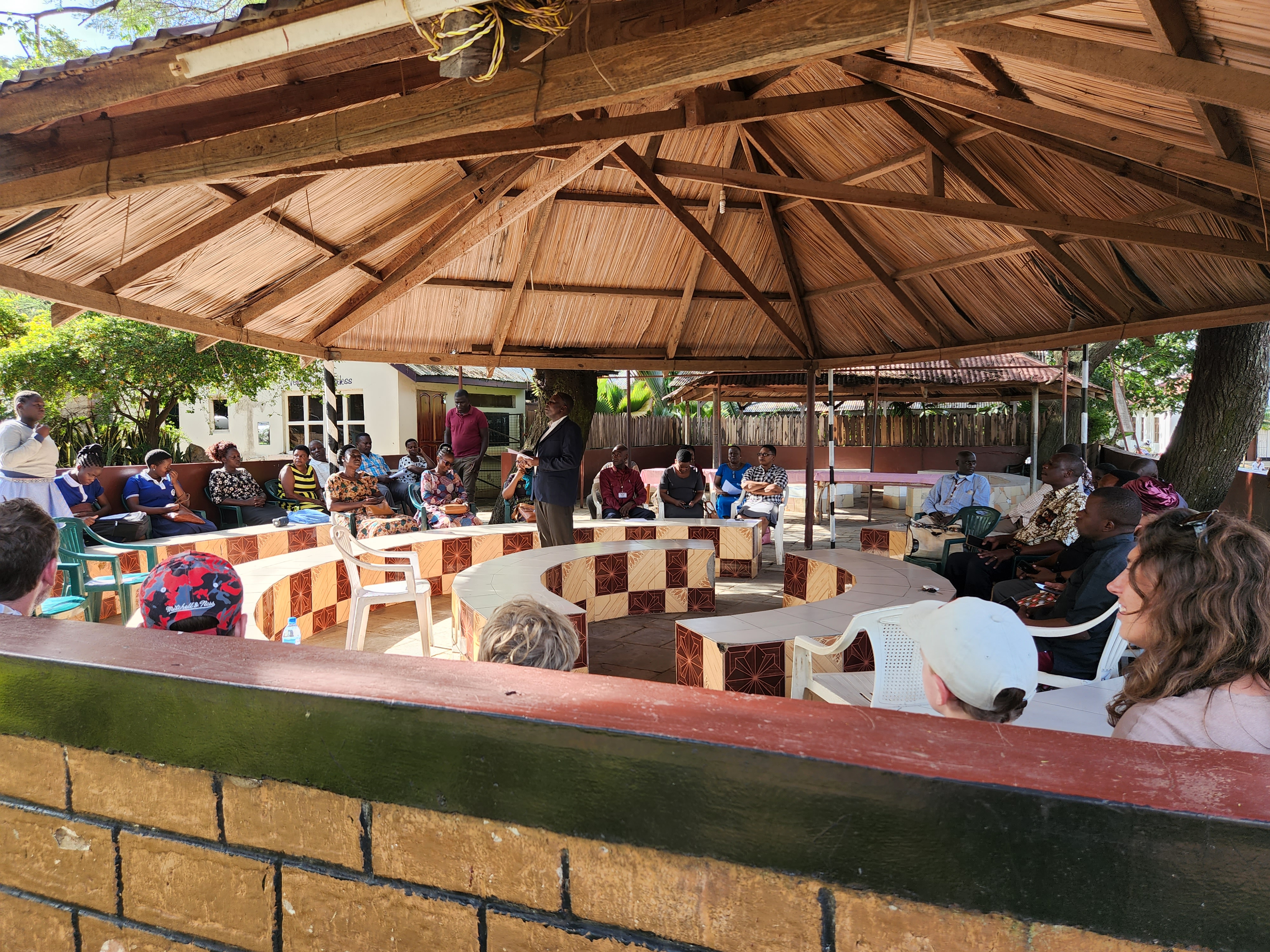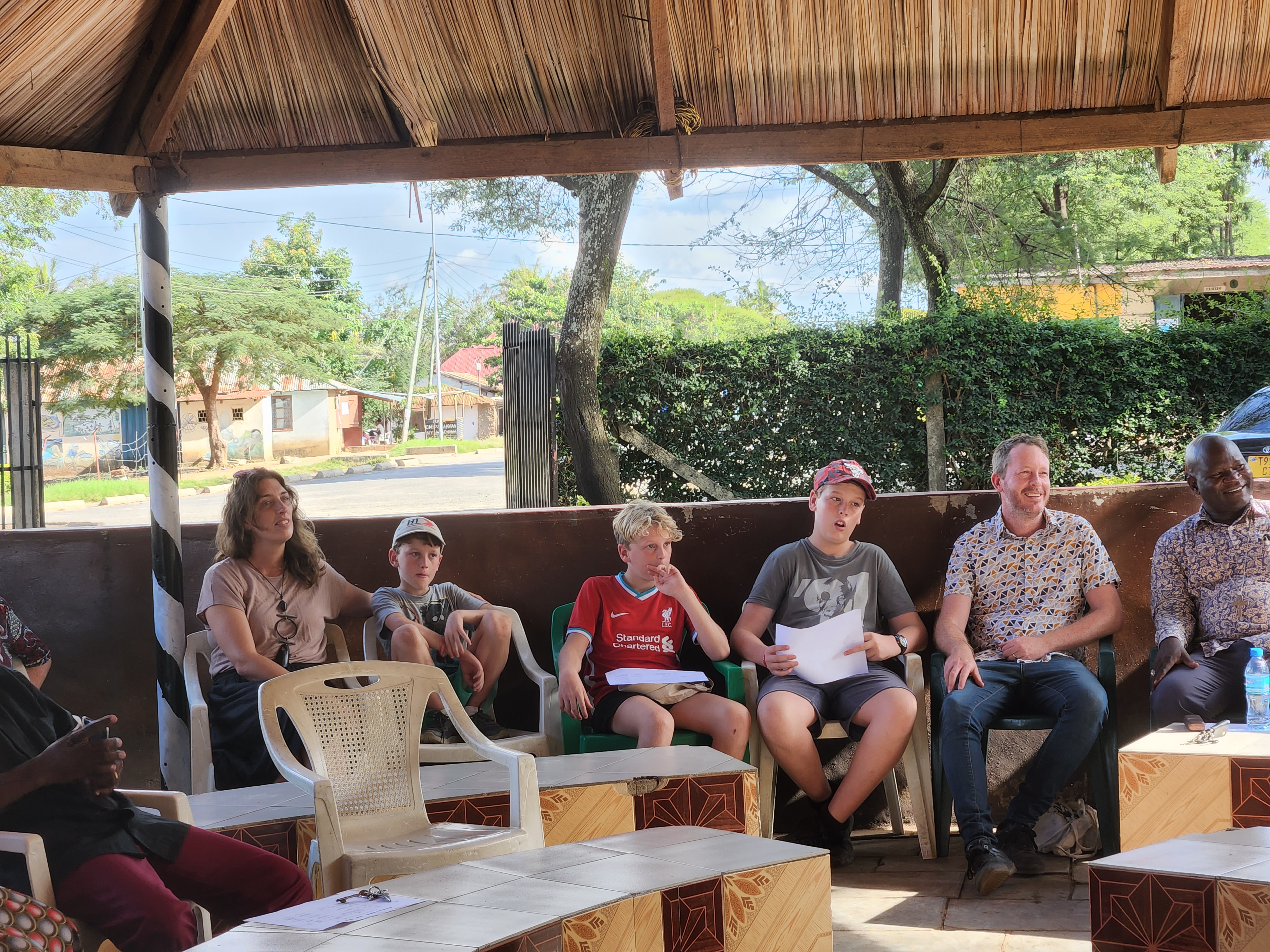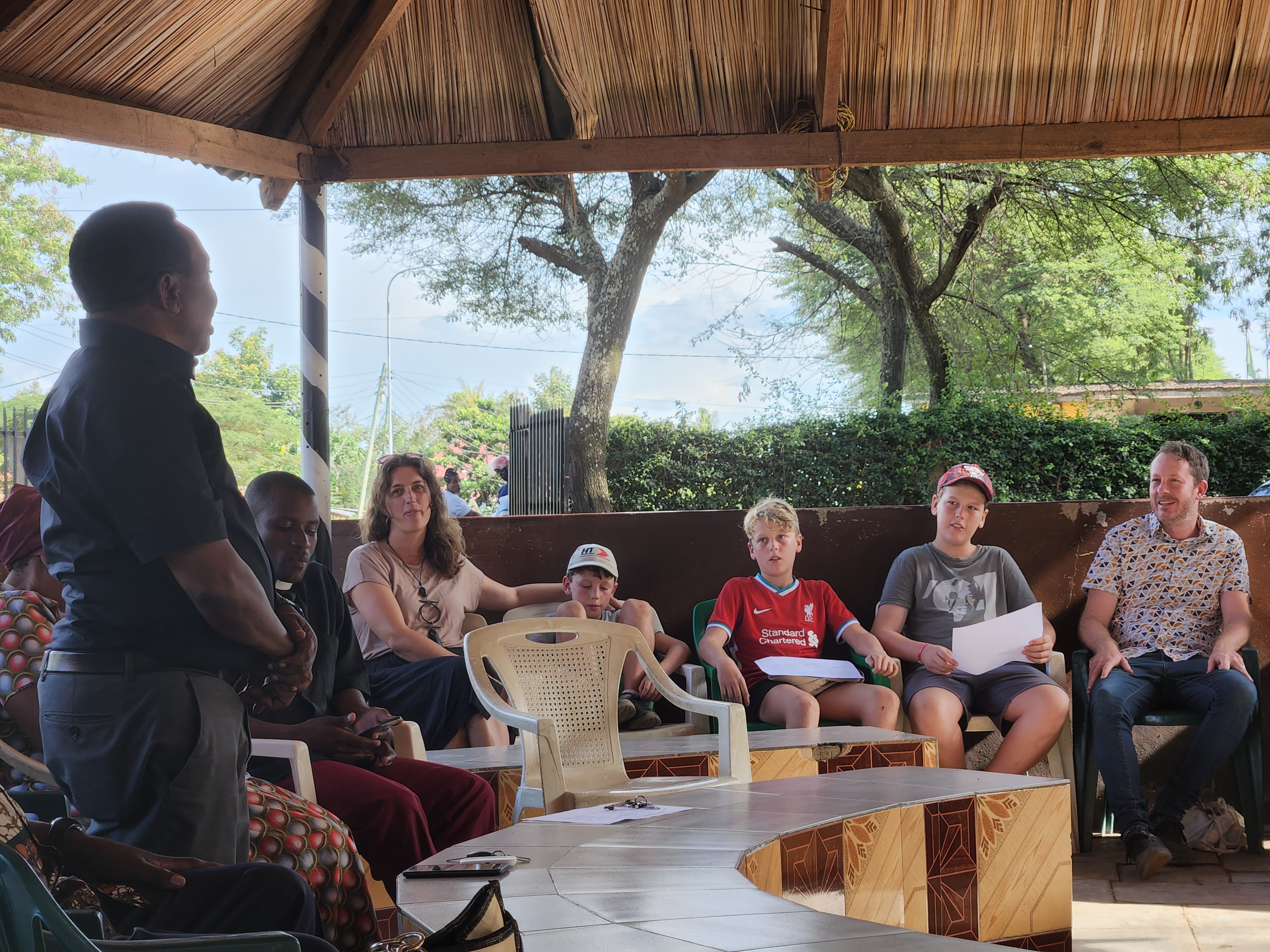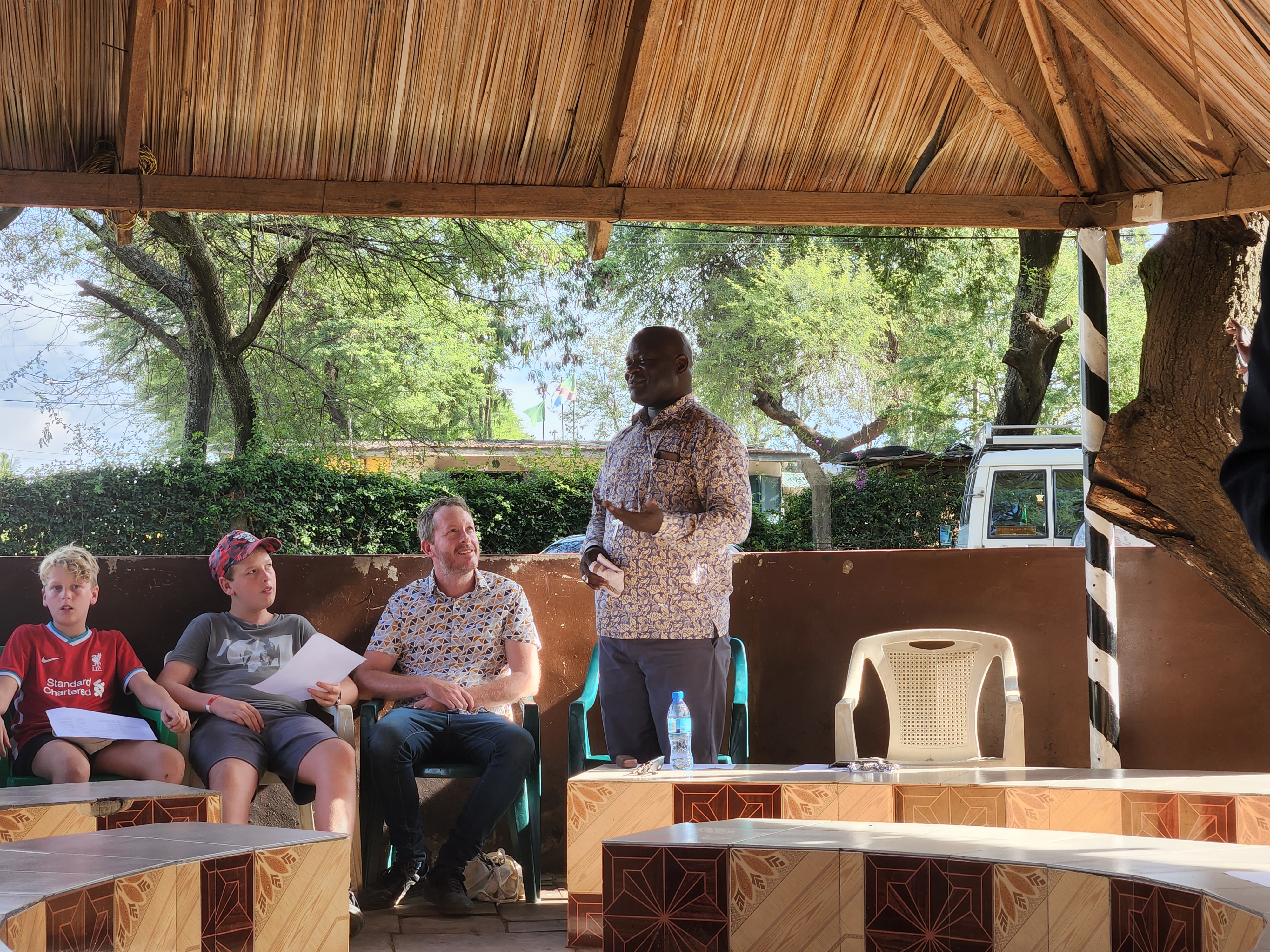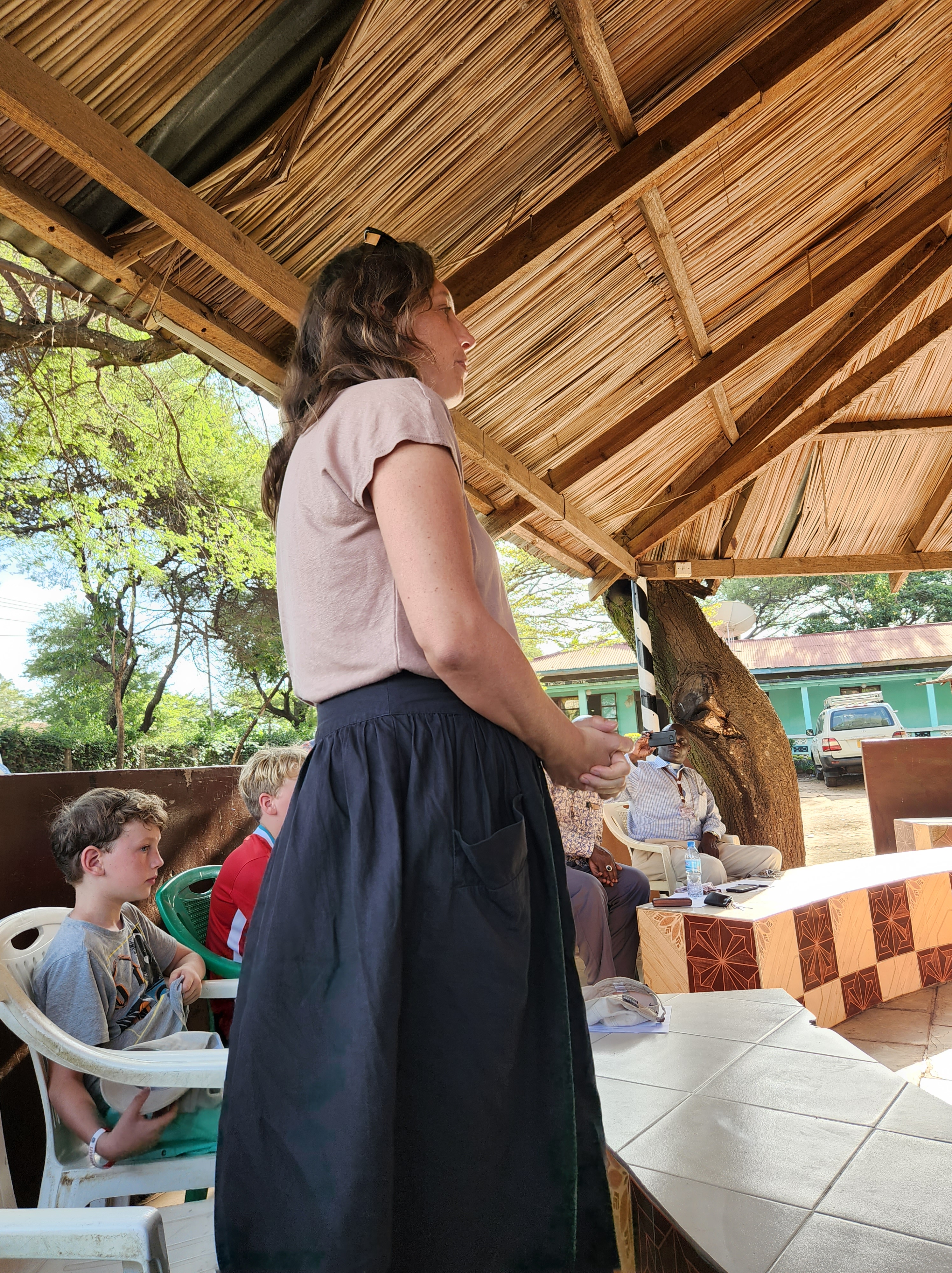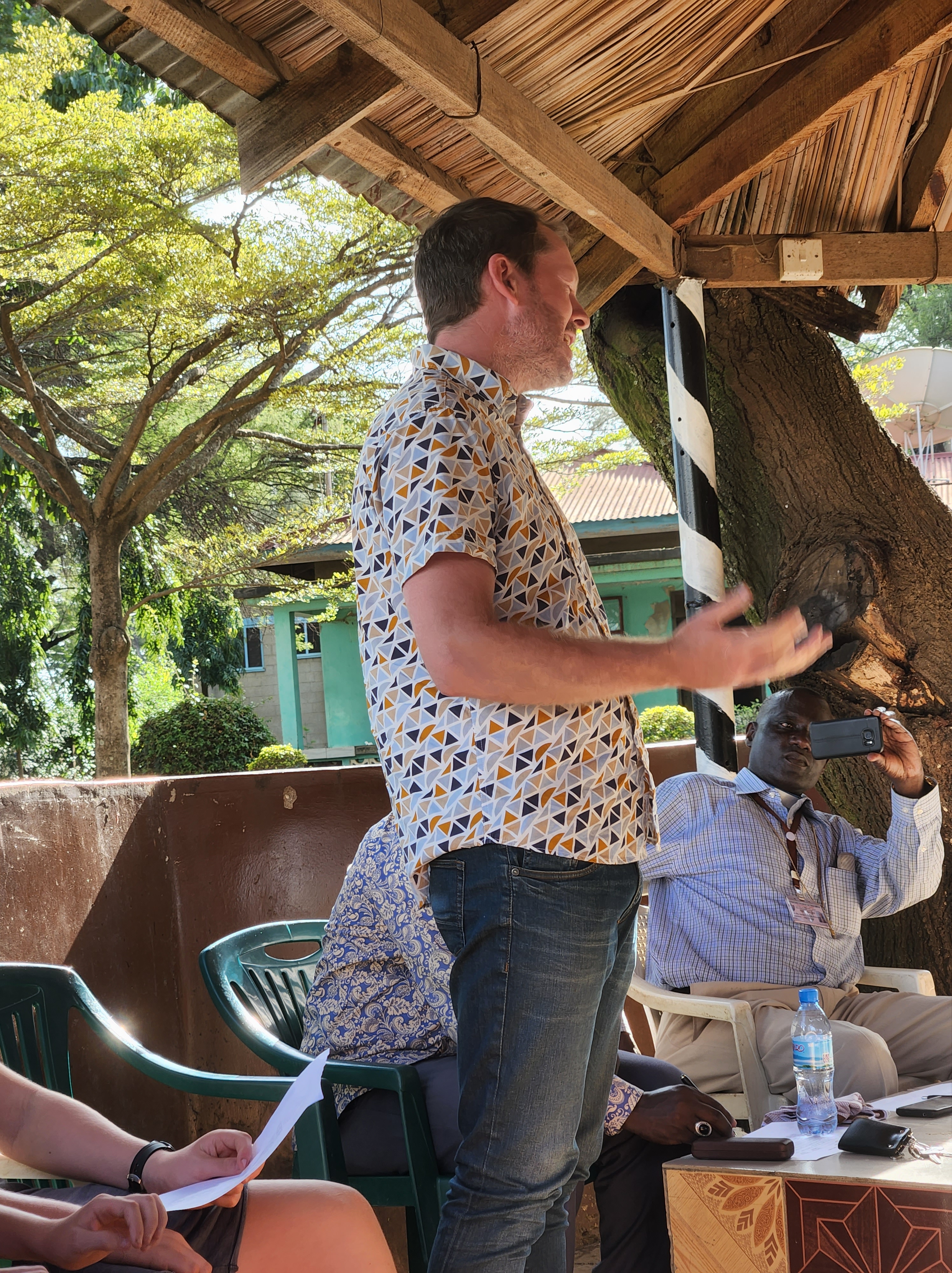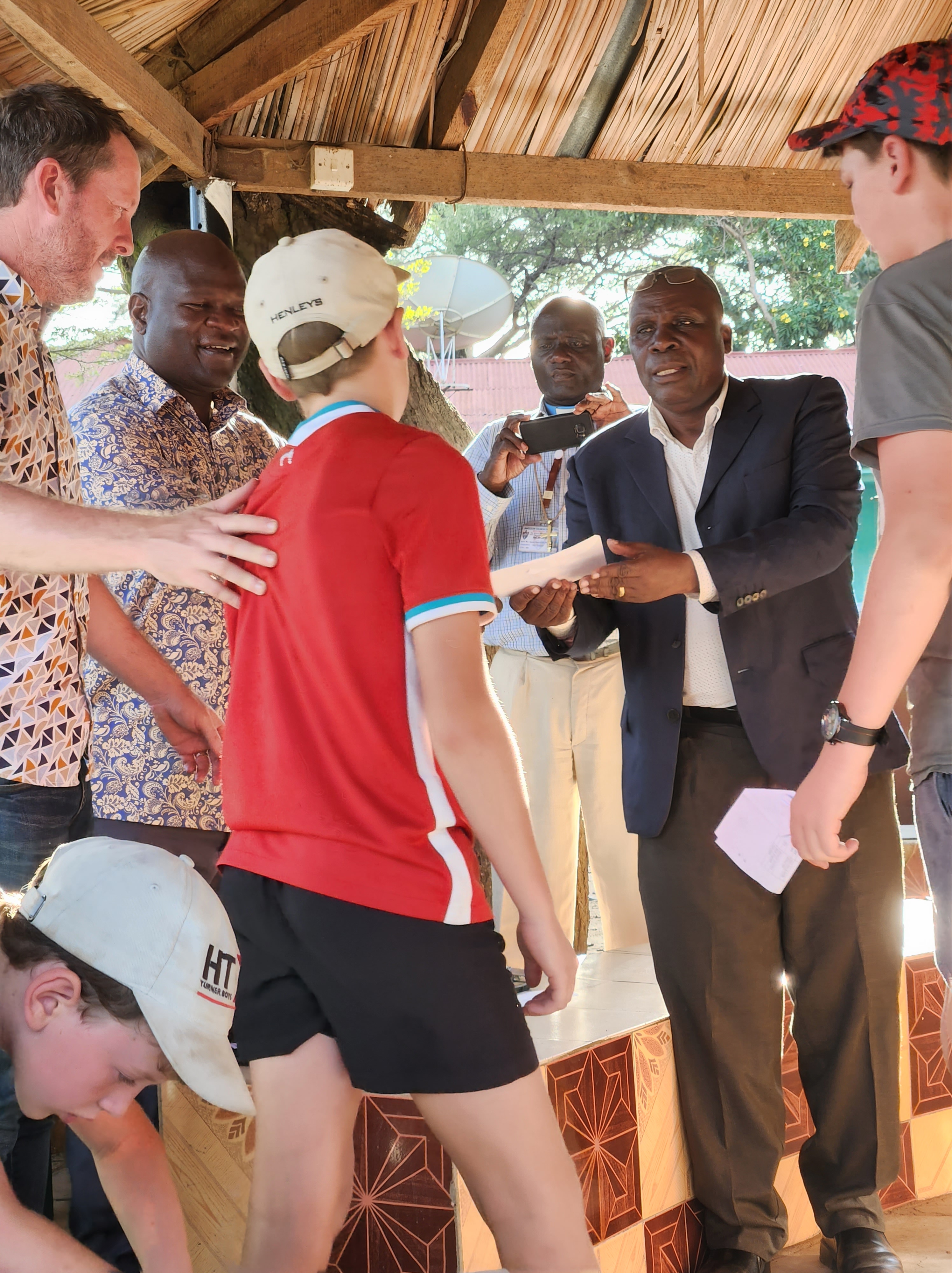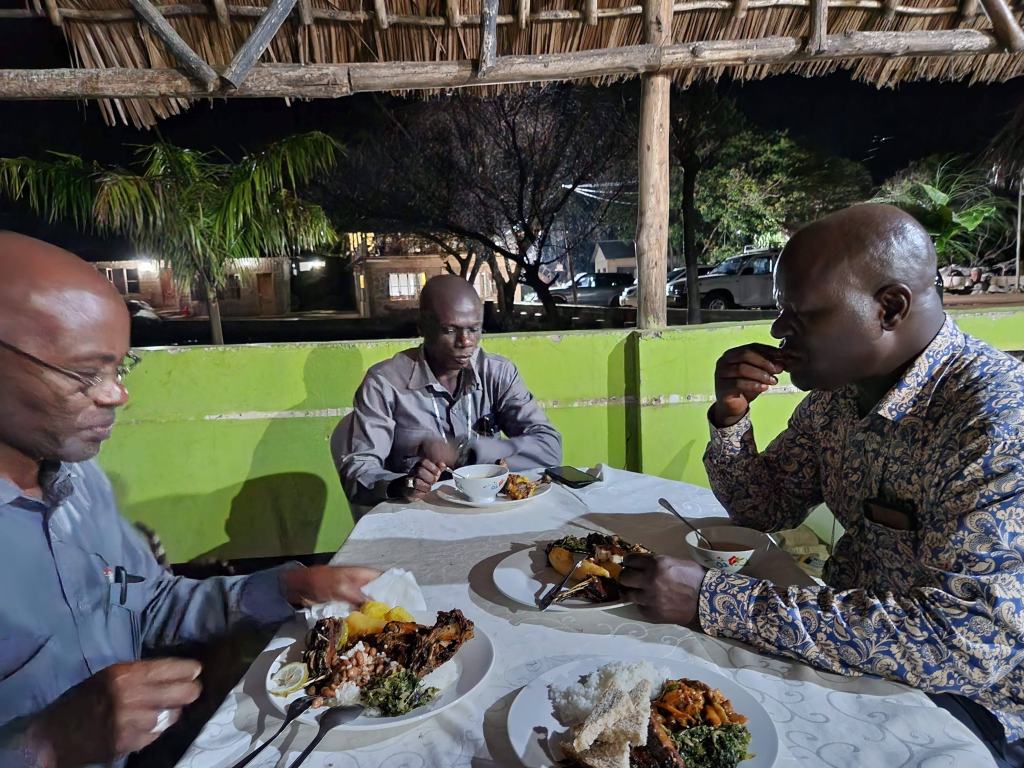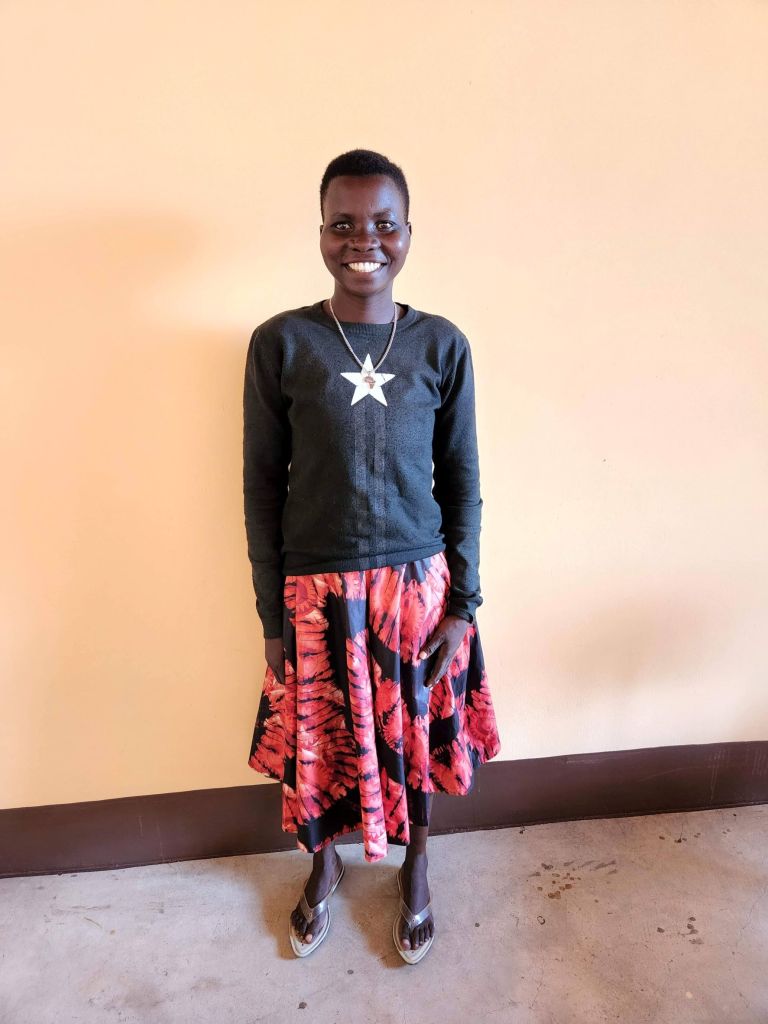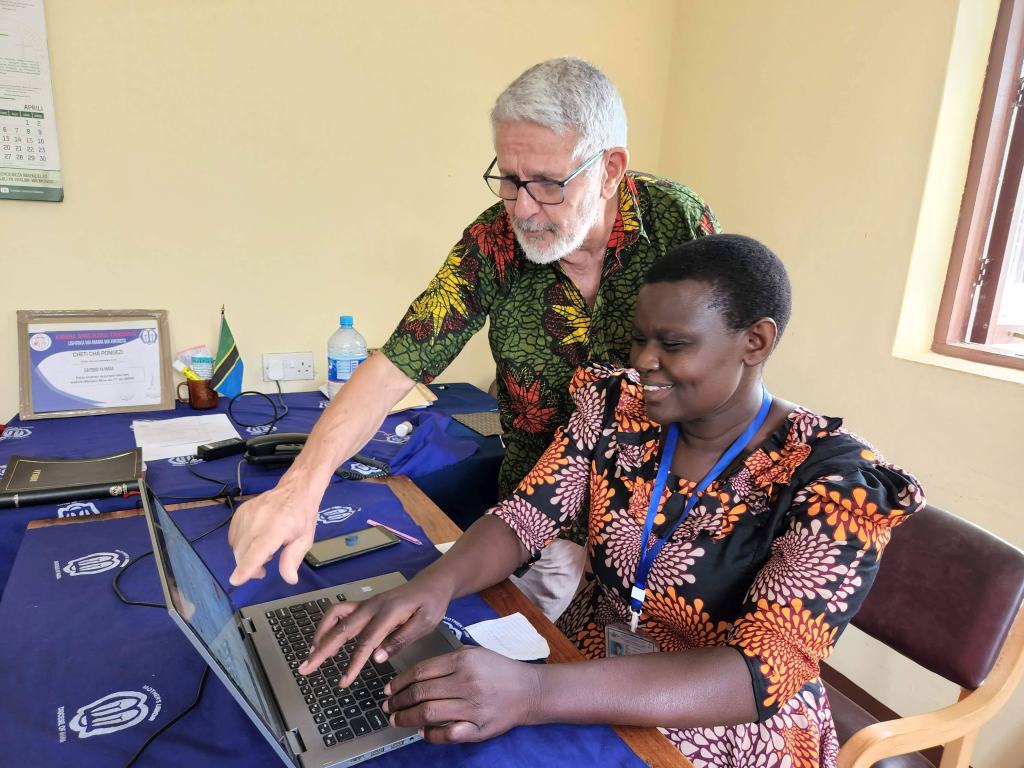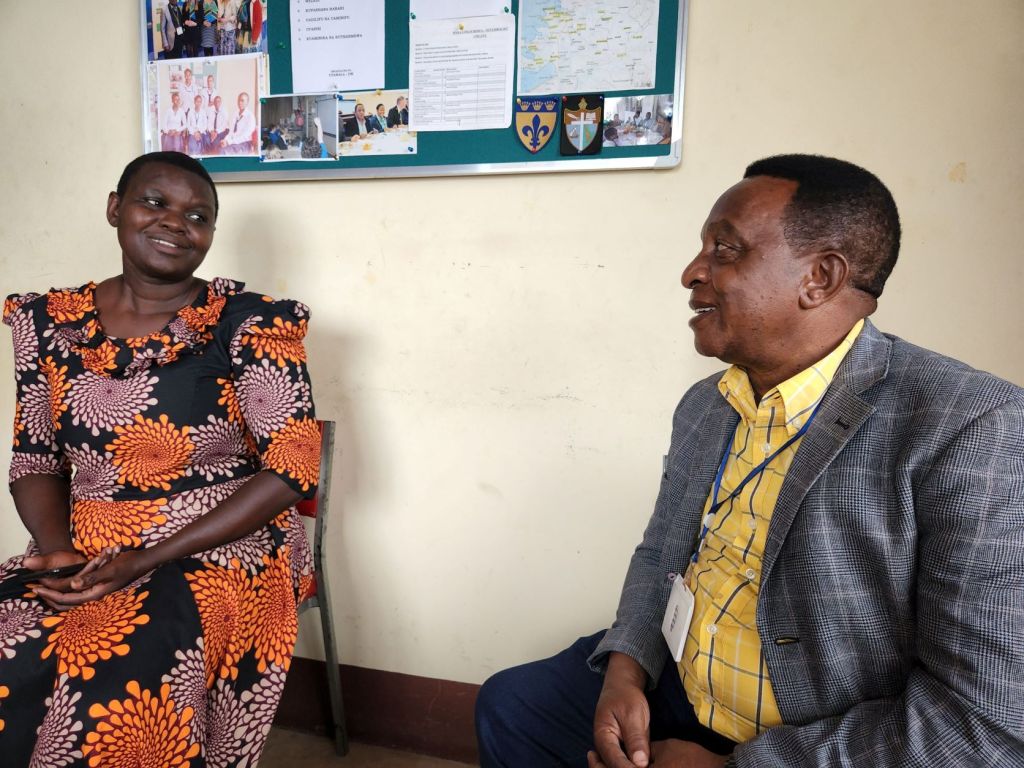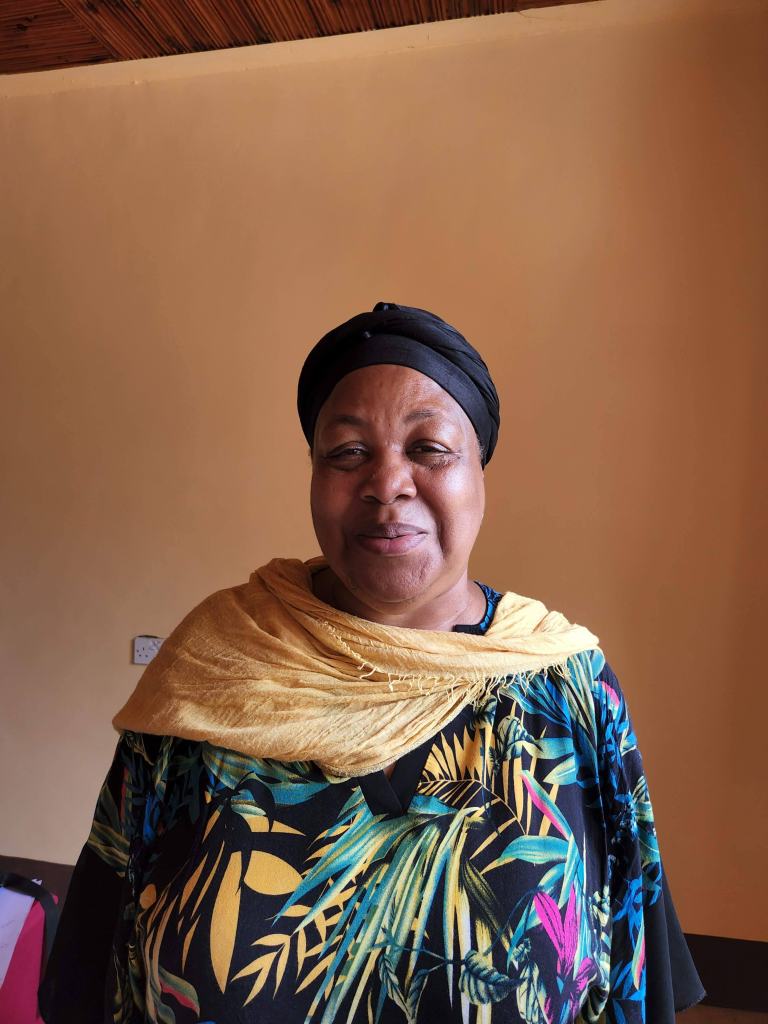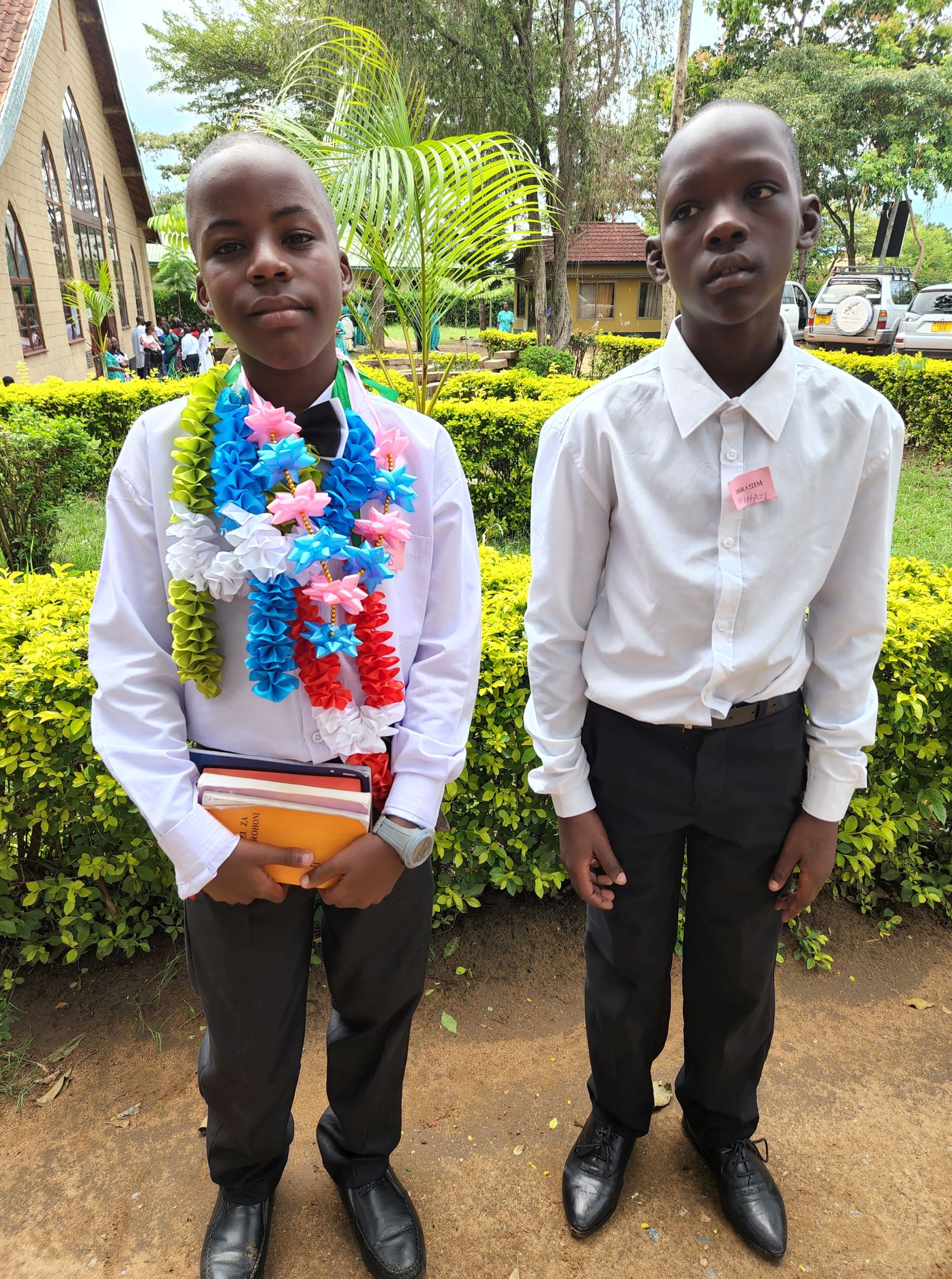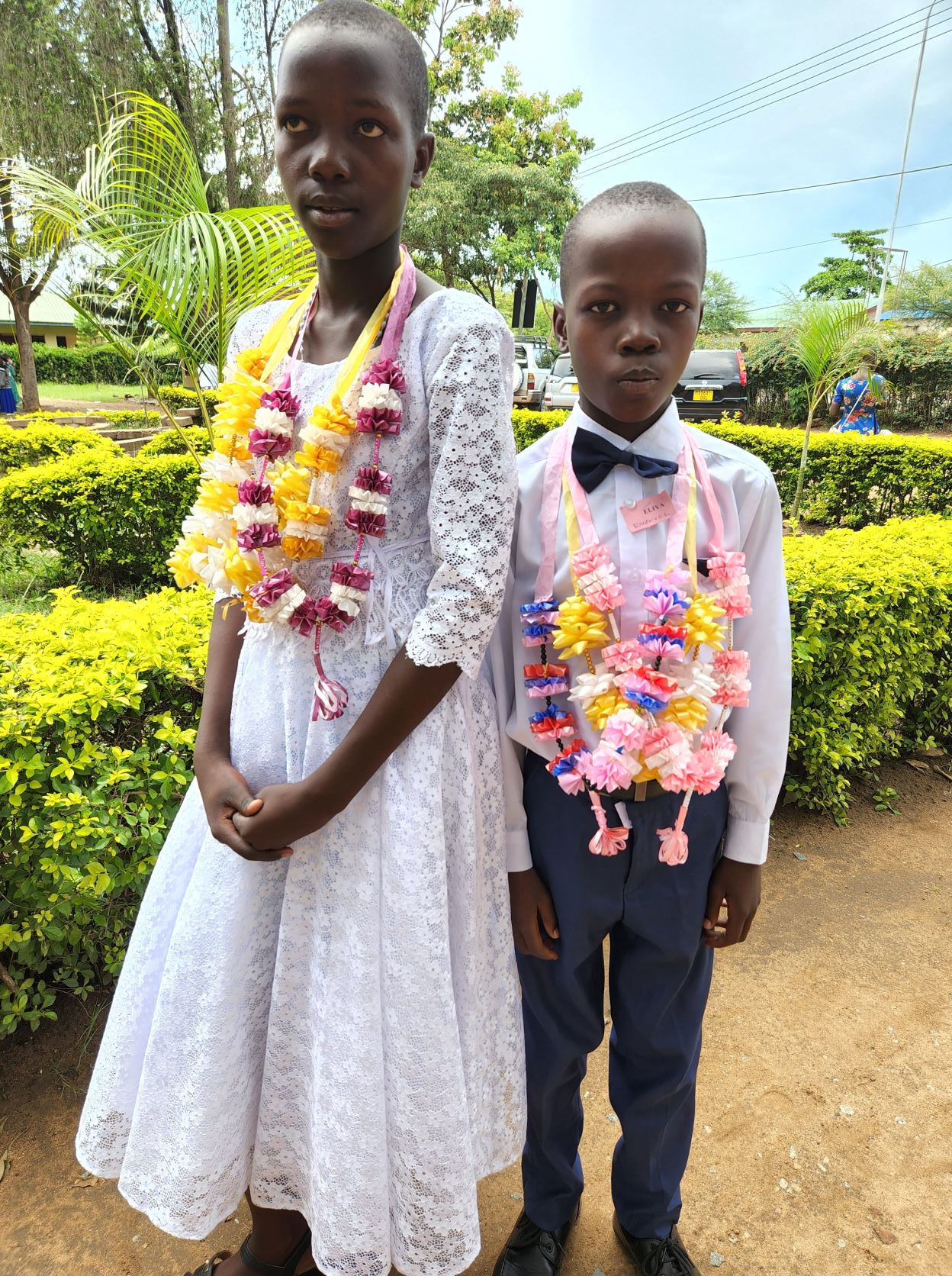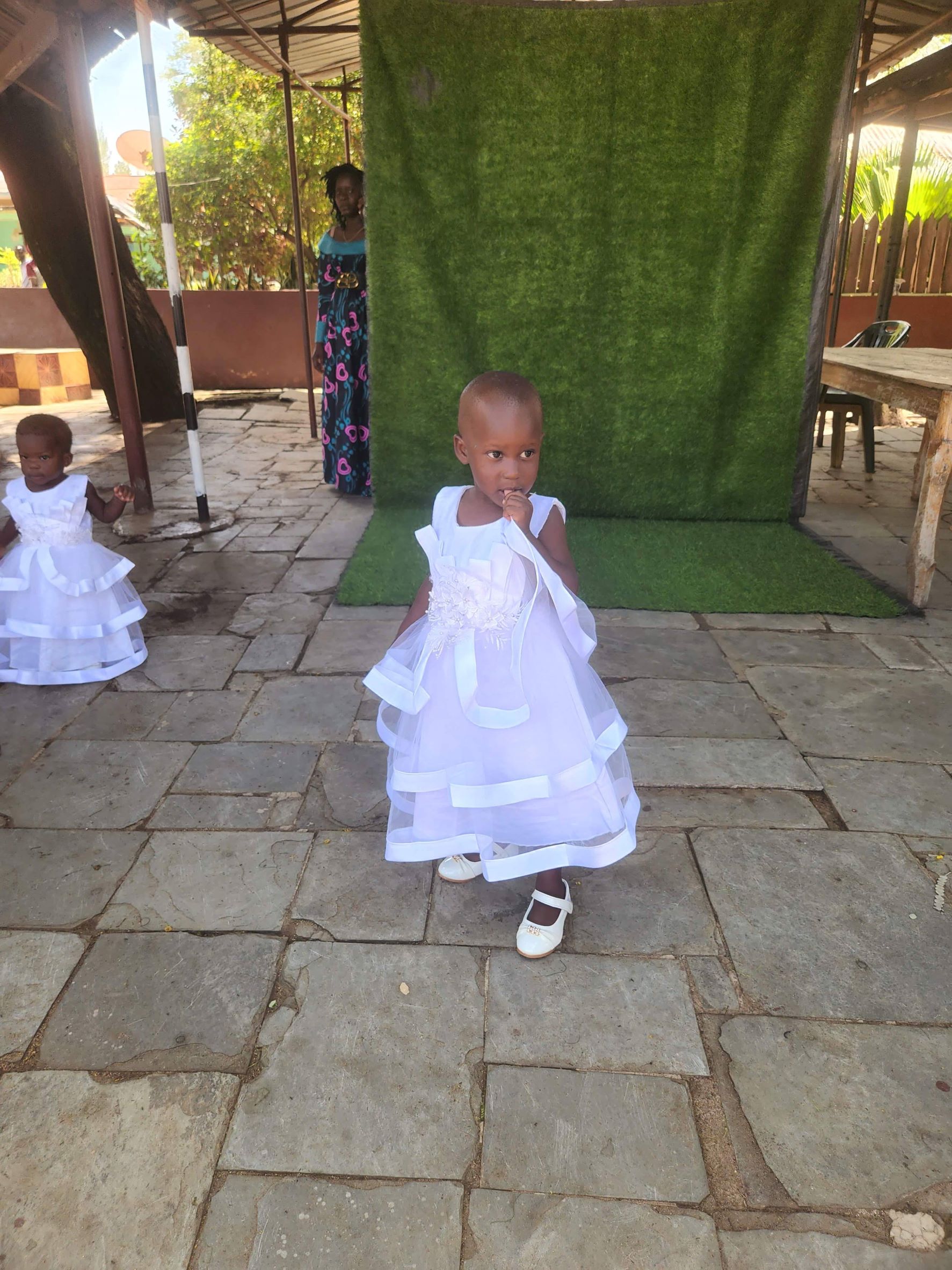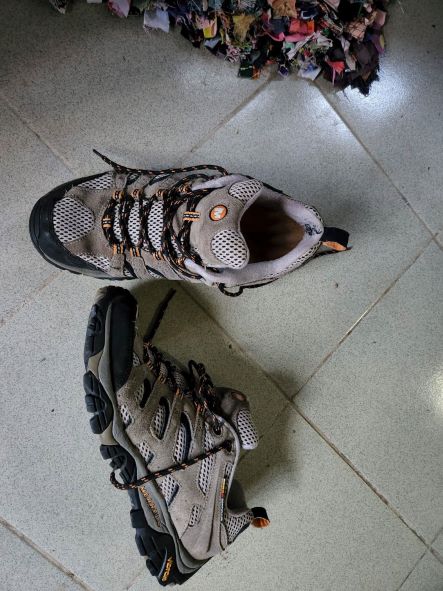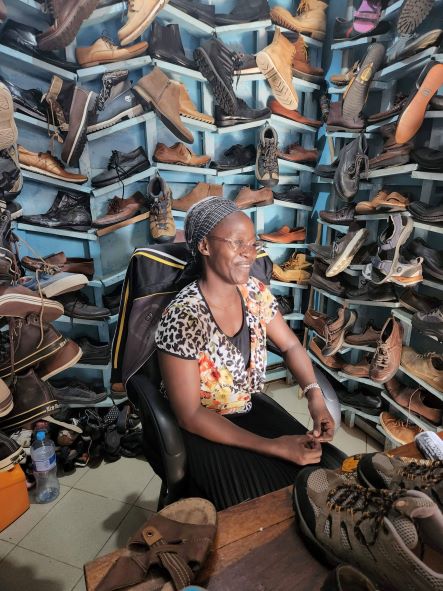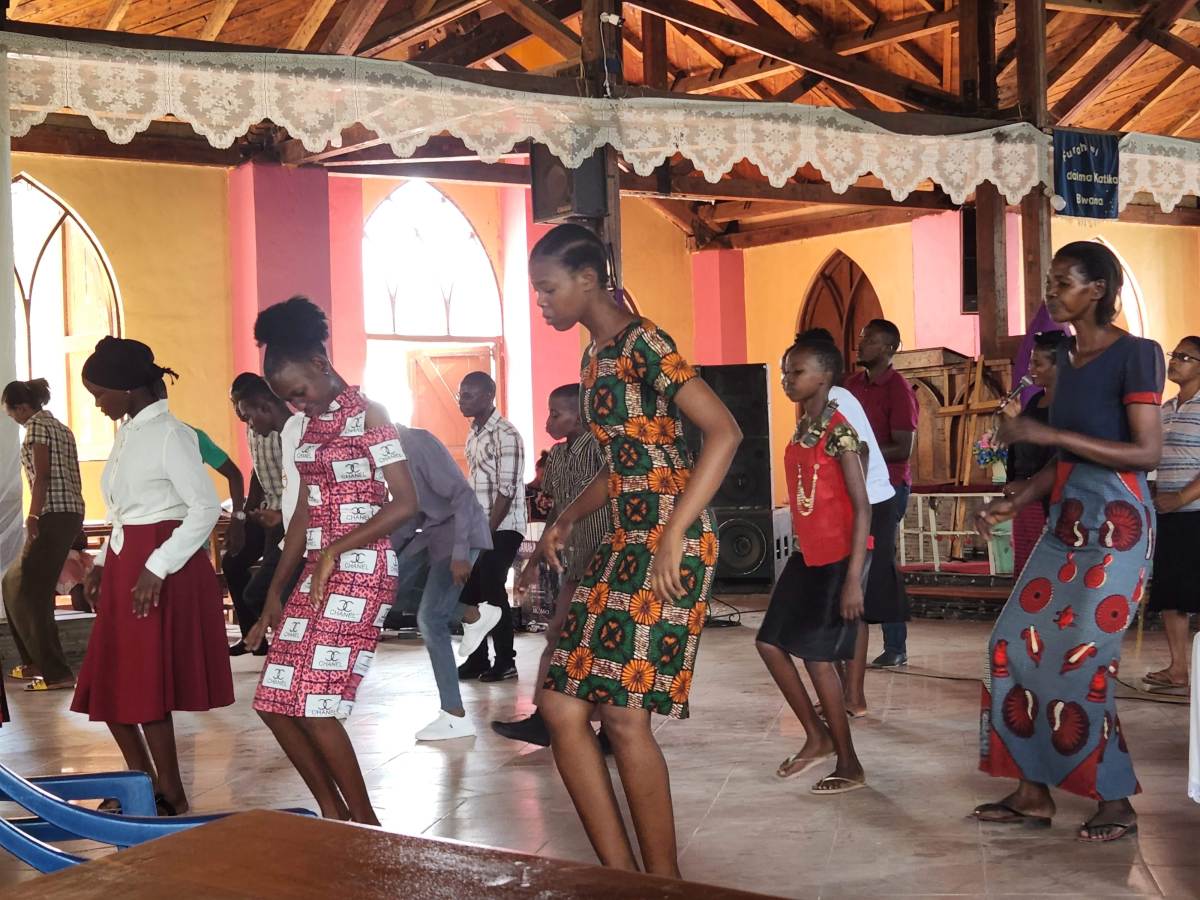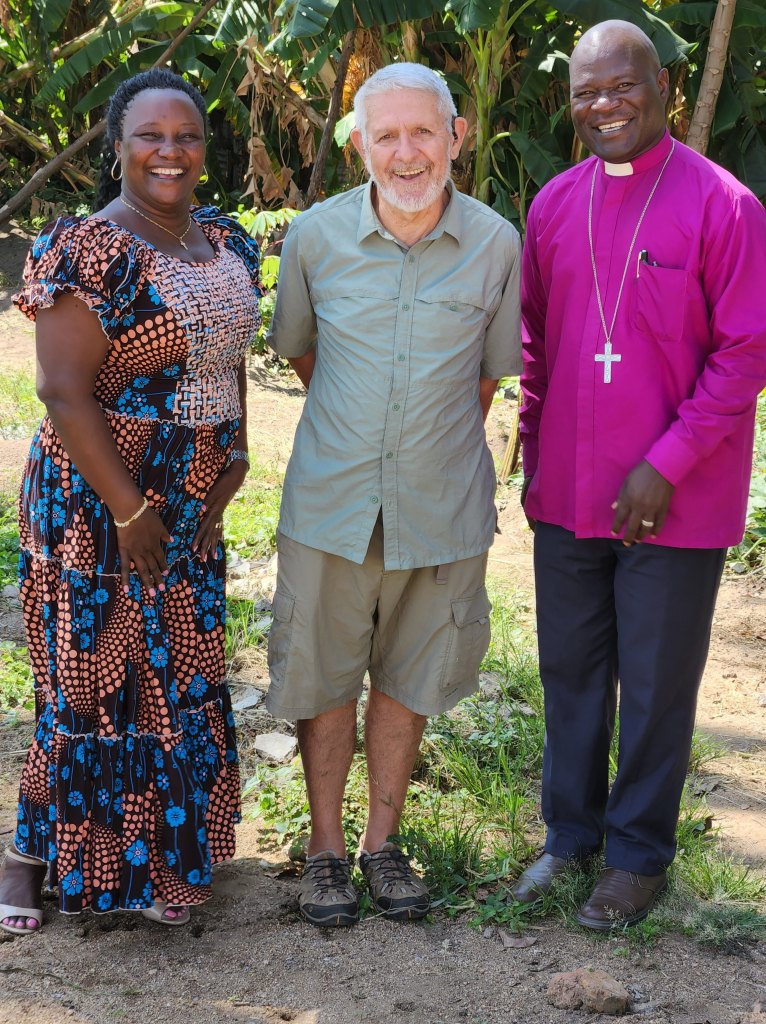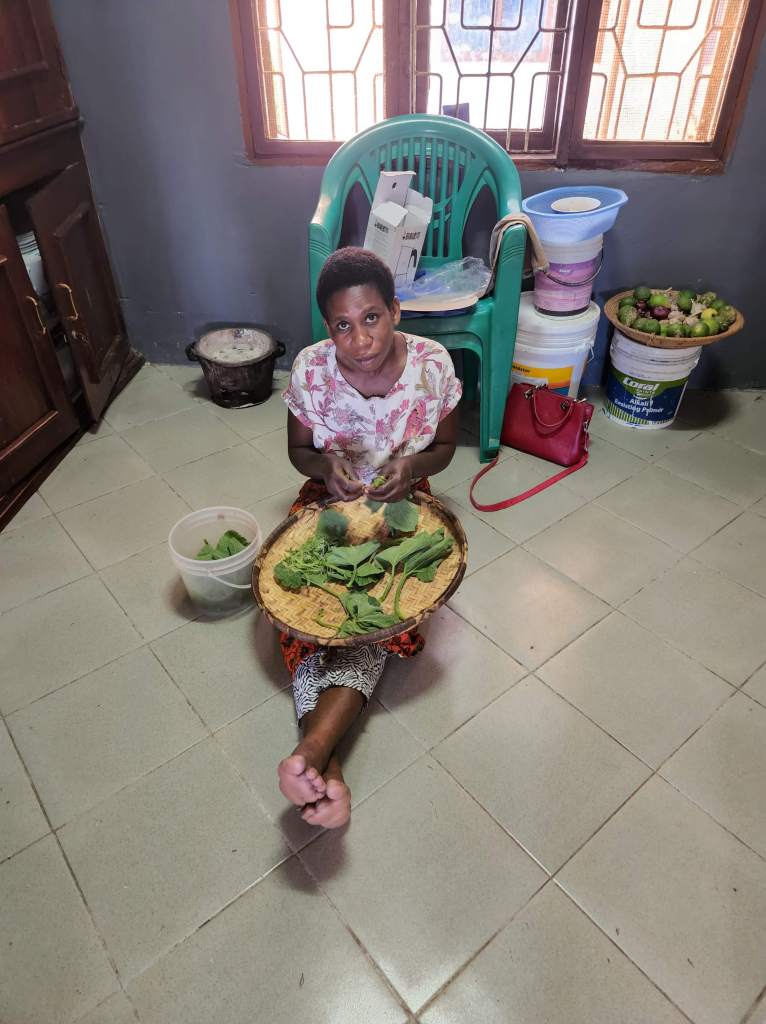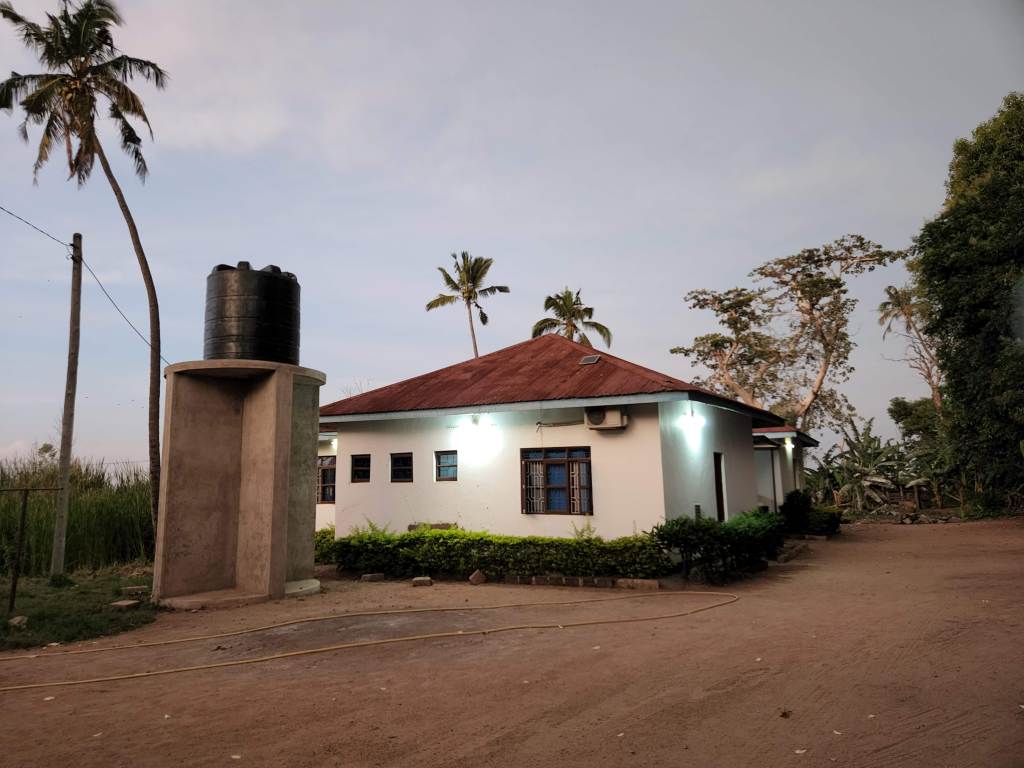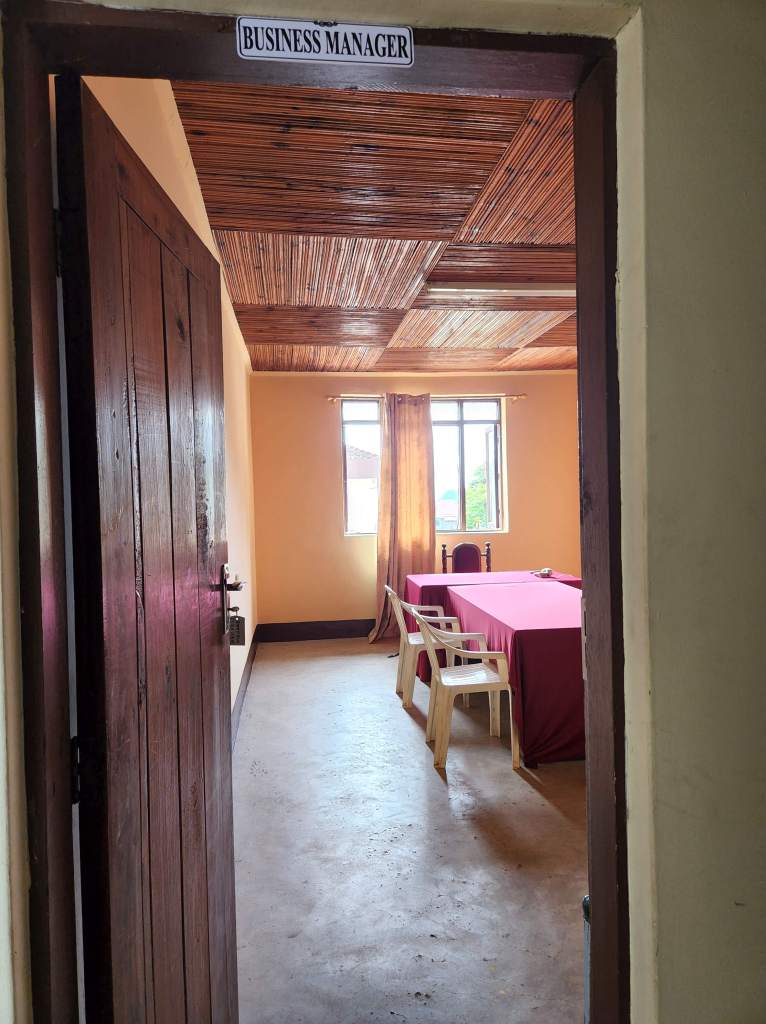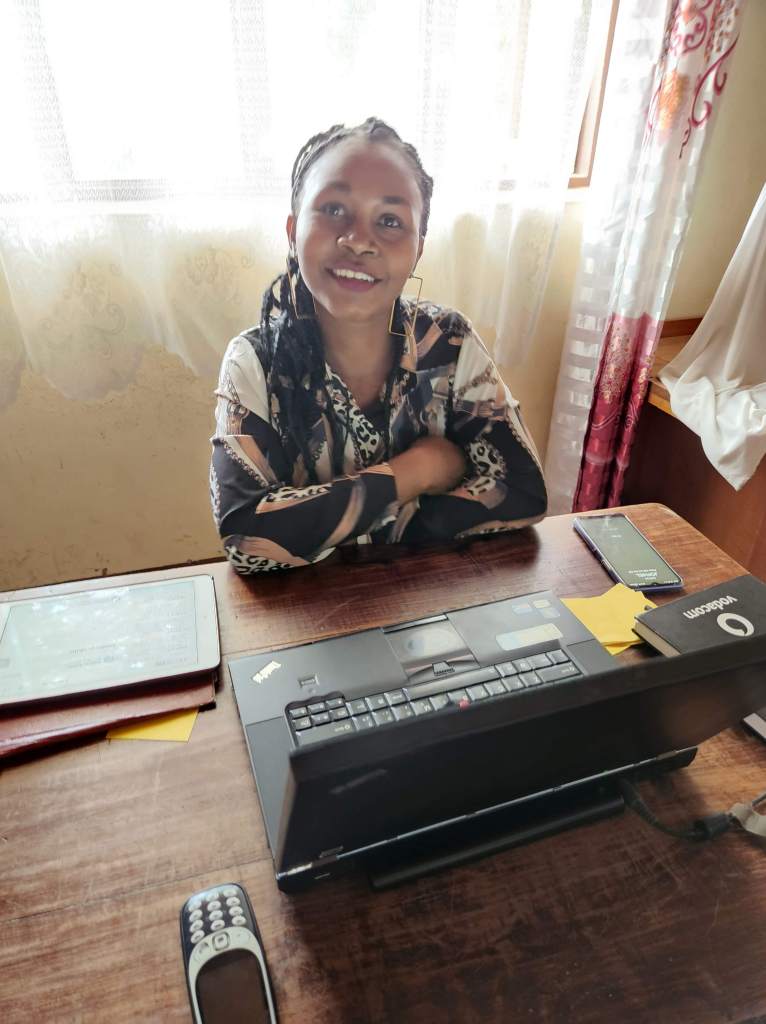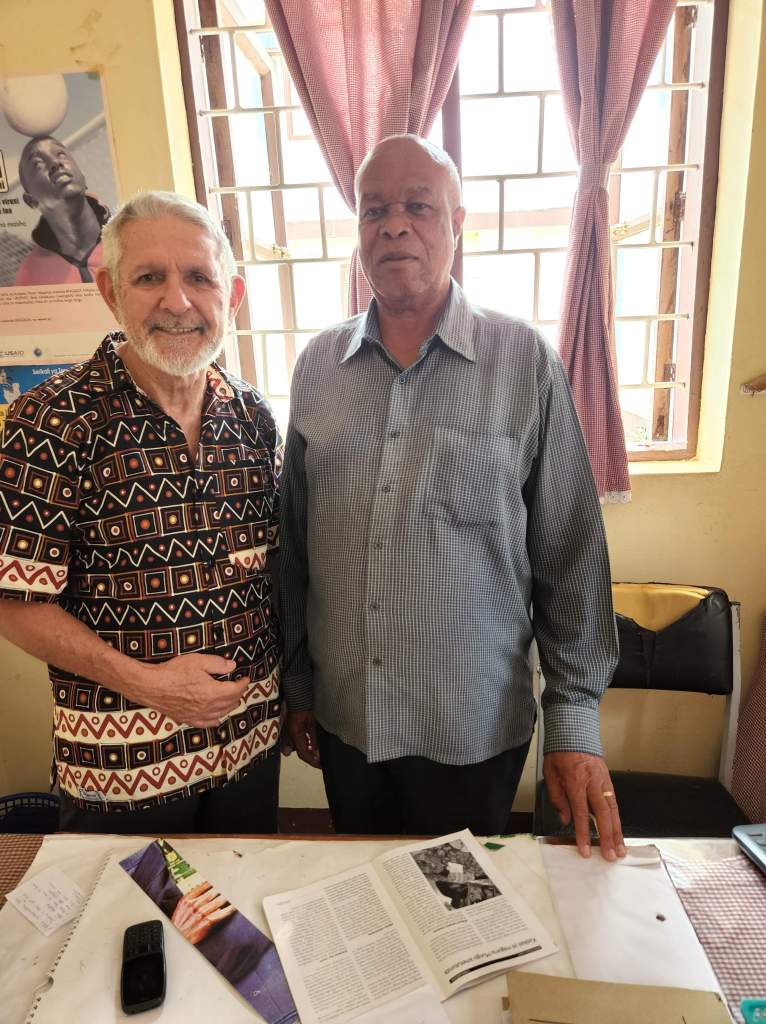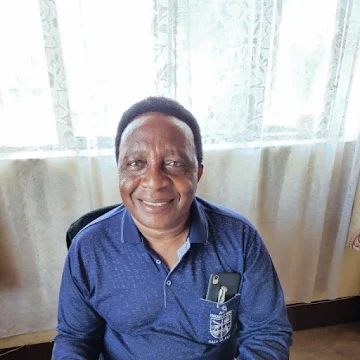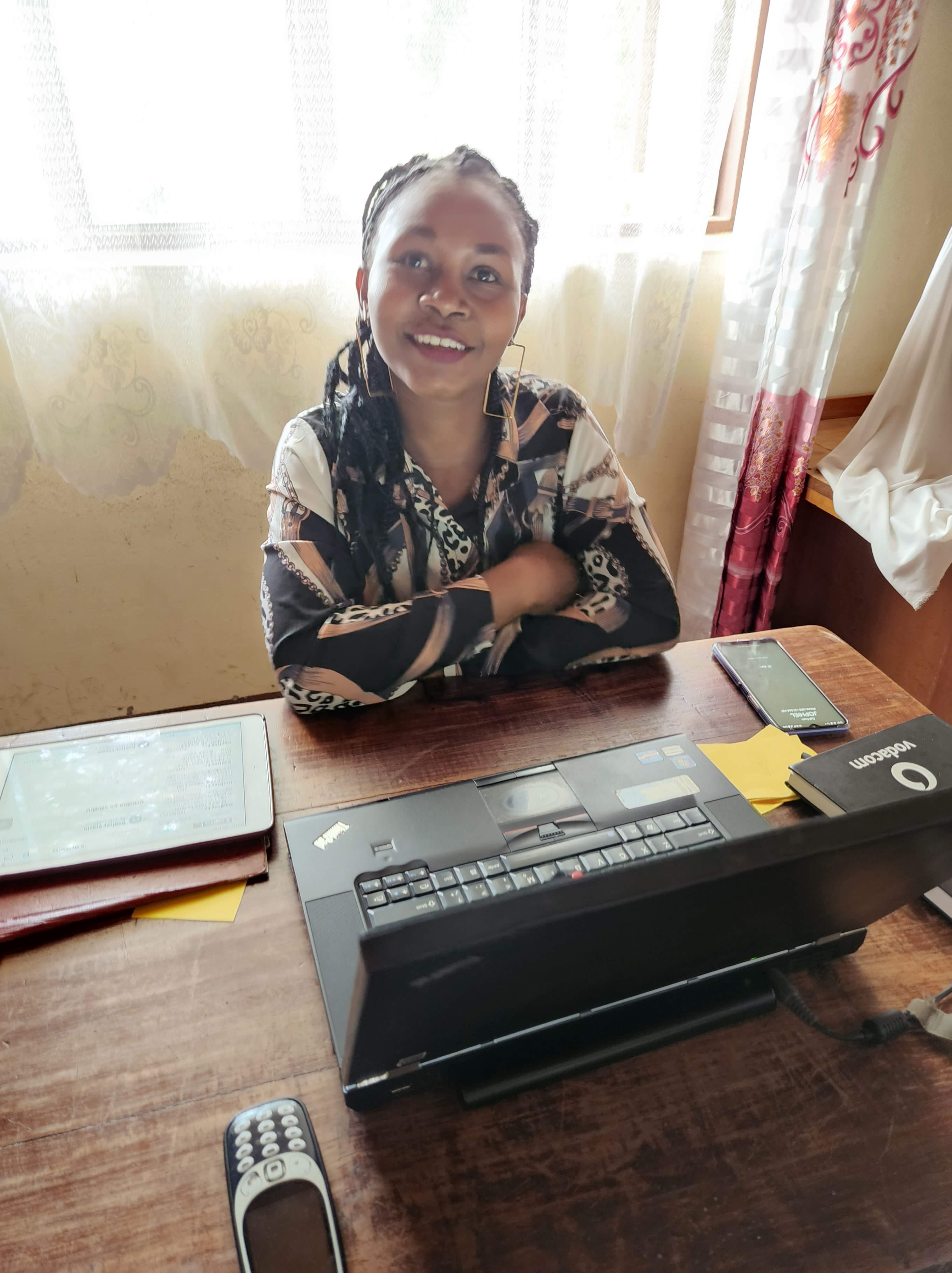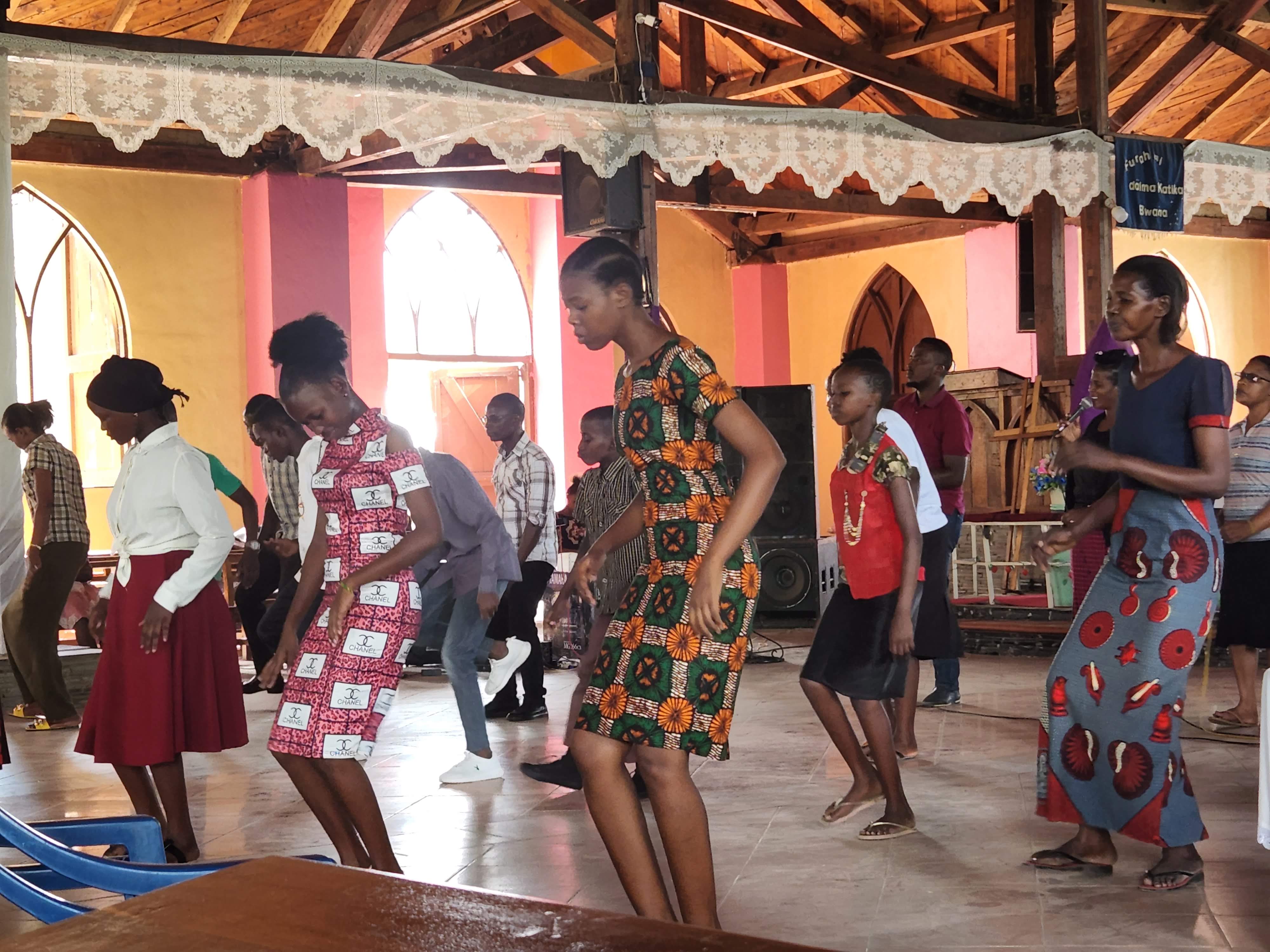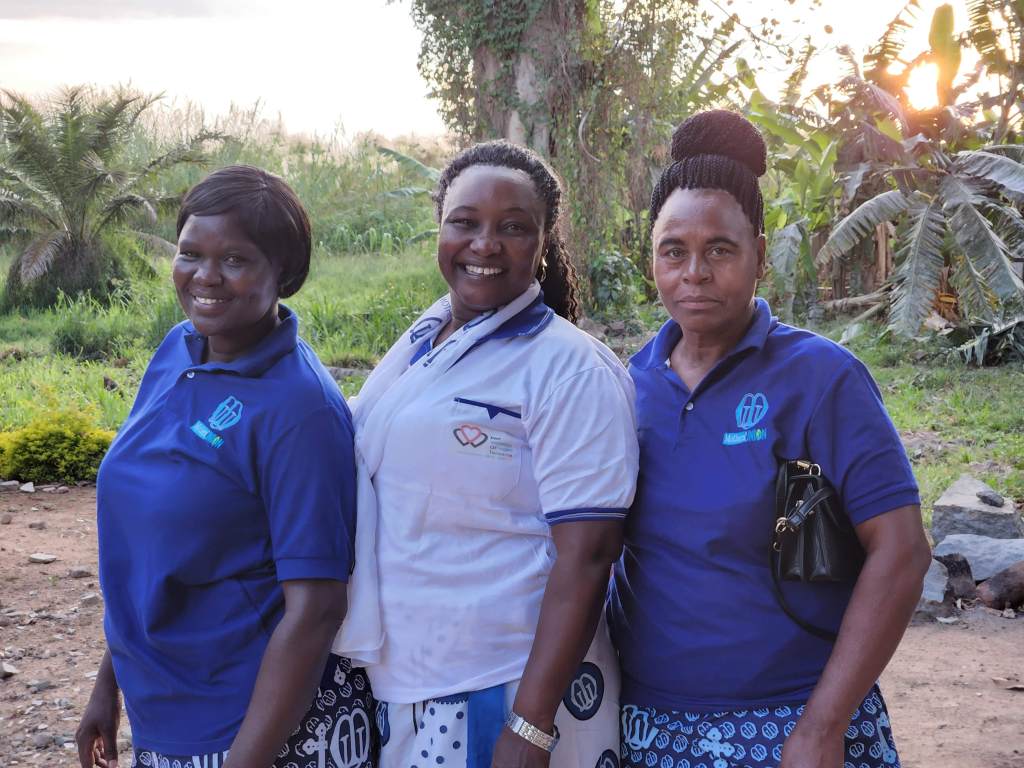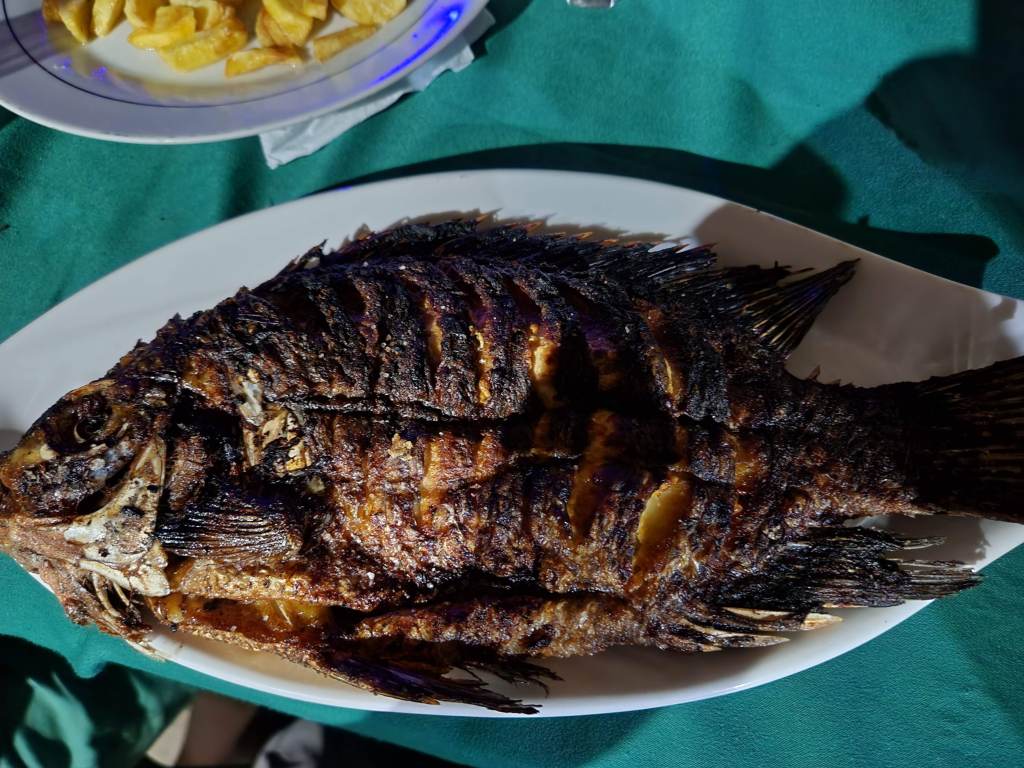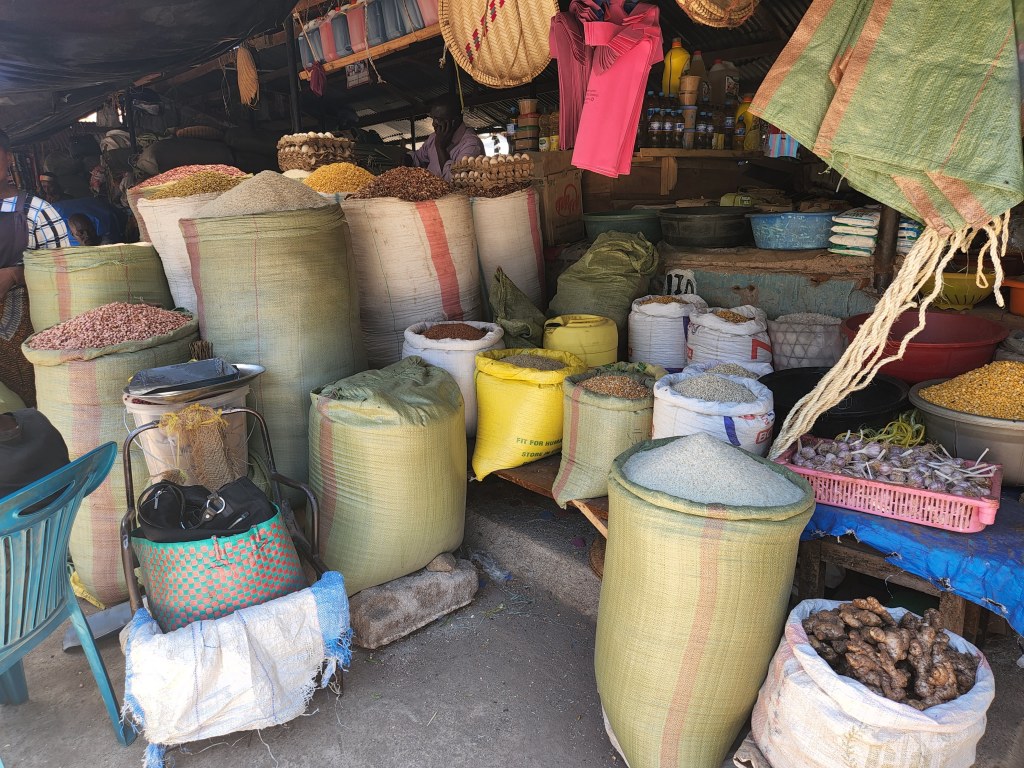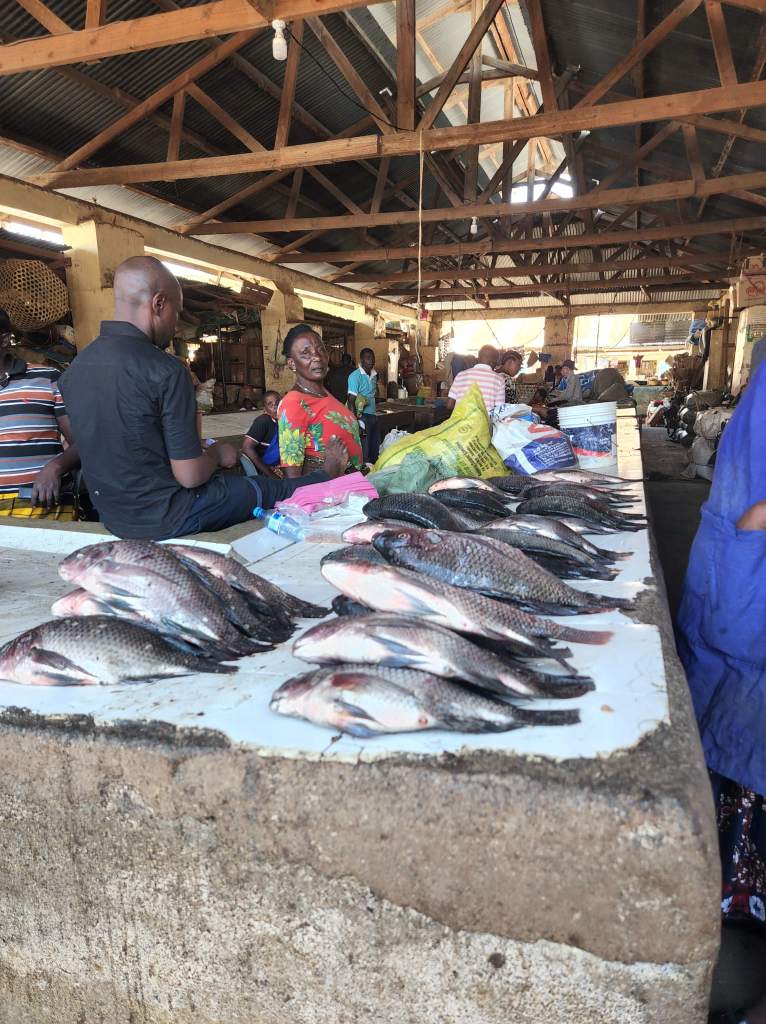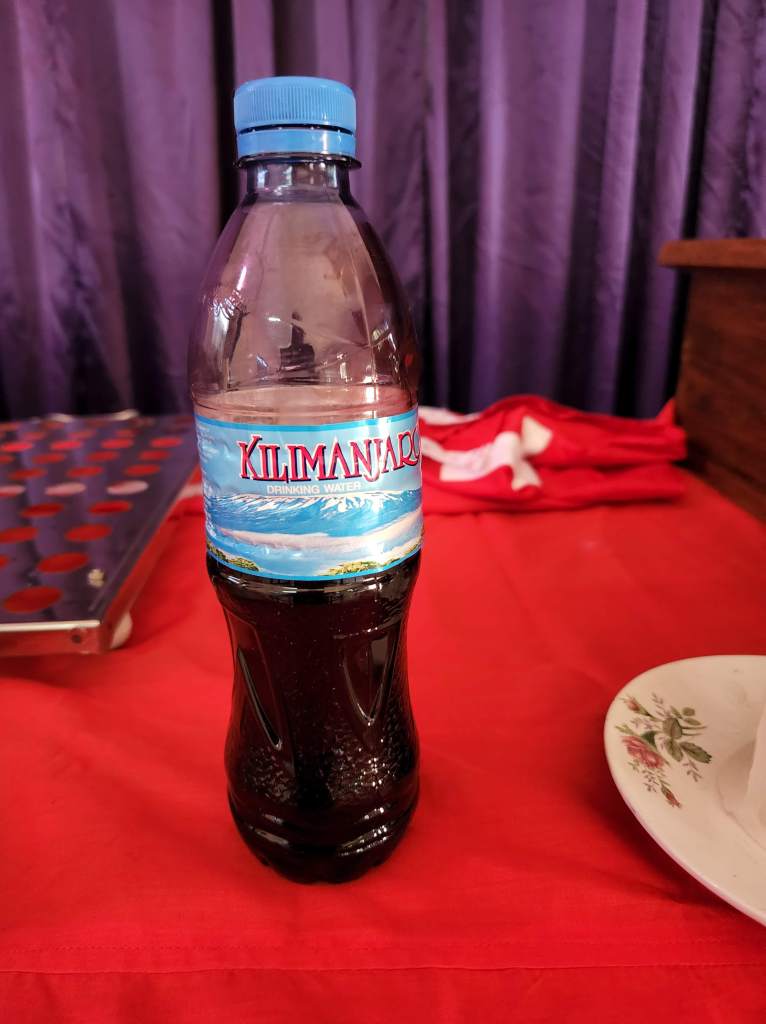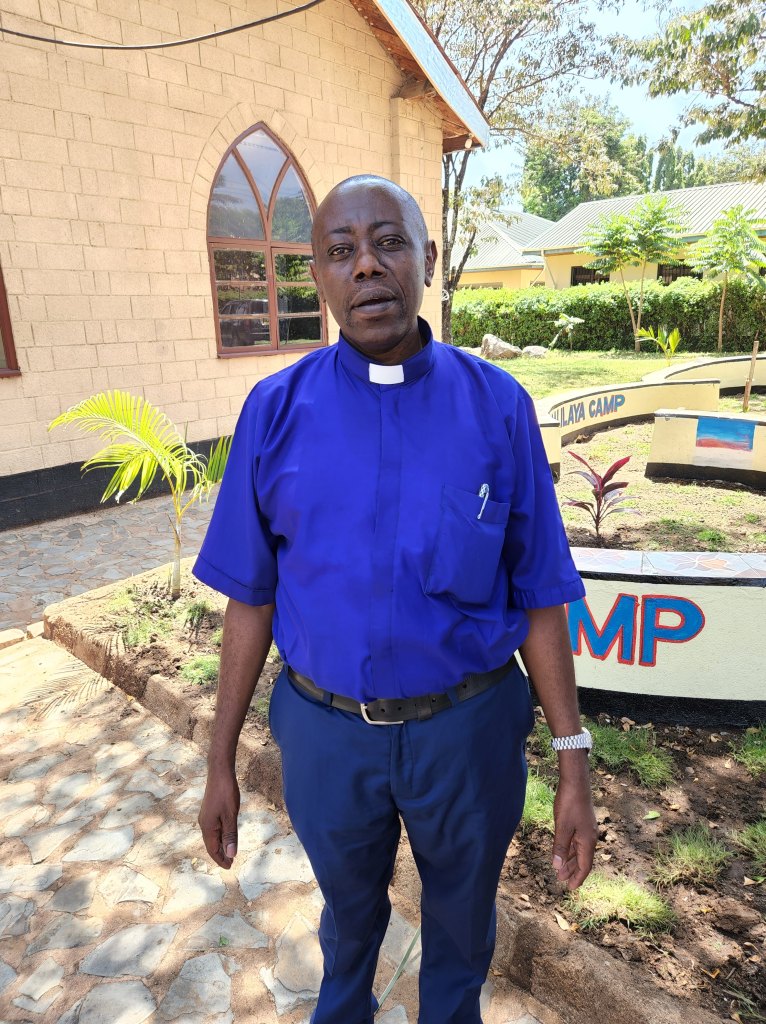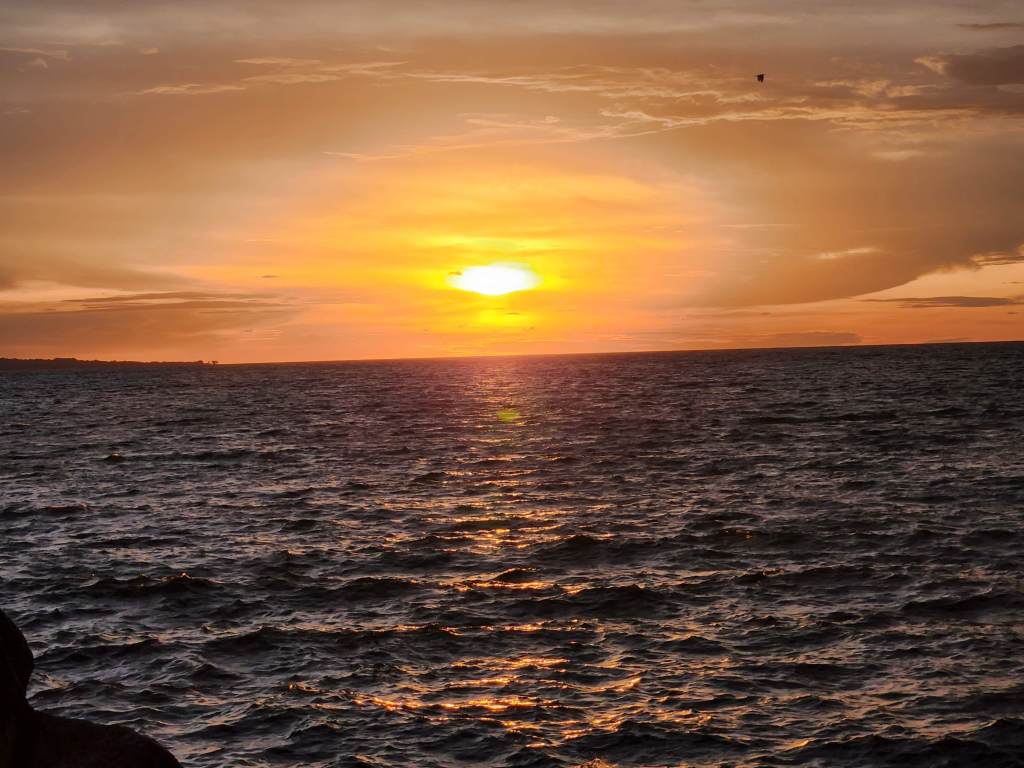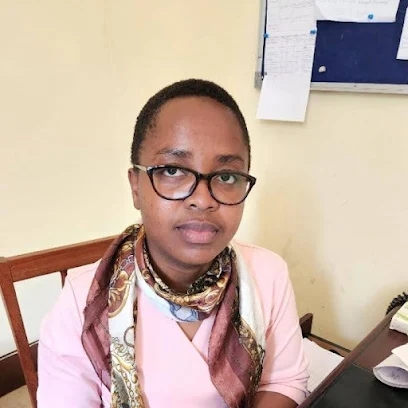Leadership Development
When I finished paid work, one of my options was to set up as a consultant. Many people I worked with have done so, even before retiring and with the advent of the NDIS are getting as much work as they want. That however felt like work so I chose the volunteer route, still “working” and using my skills but consulting by transferring knowledge and skills where they might be most valuable (not that they wouldn’t be valued in Australia but supply is sufficient, whereas in Tanzania, the supply may be available but the resources to contract are not).
Having worked with consultants as well as contracted them, the prepartion is important in terms of defining what you want as the final outcome and ensuring the consultant has the necessary experience to deliver. There are many jokes about consultants. I remember attending a management program in 1993, where the presenter was paid $3,200 daily to deliver the the course. Obscene isn’t it? Good program, great content and excellent delivery but even for government that was over the top. When I asked him how much work he did he told me that basically consultants are unemployed between jobs. Still at $3200 a day back then it didn’t require many days annually to live well.
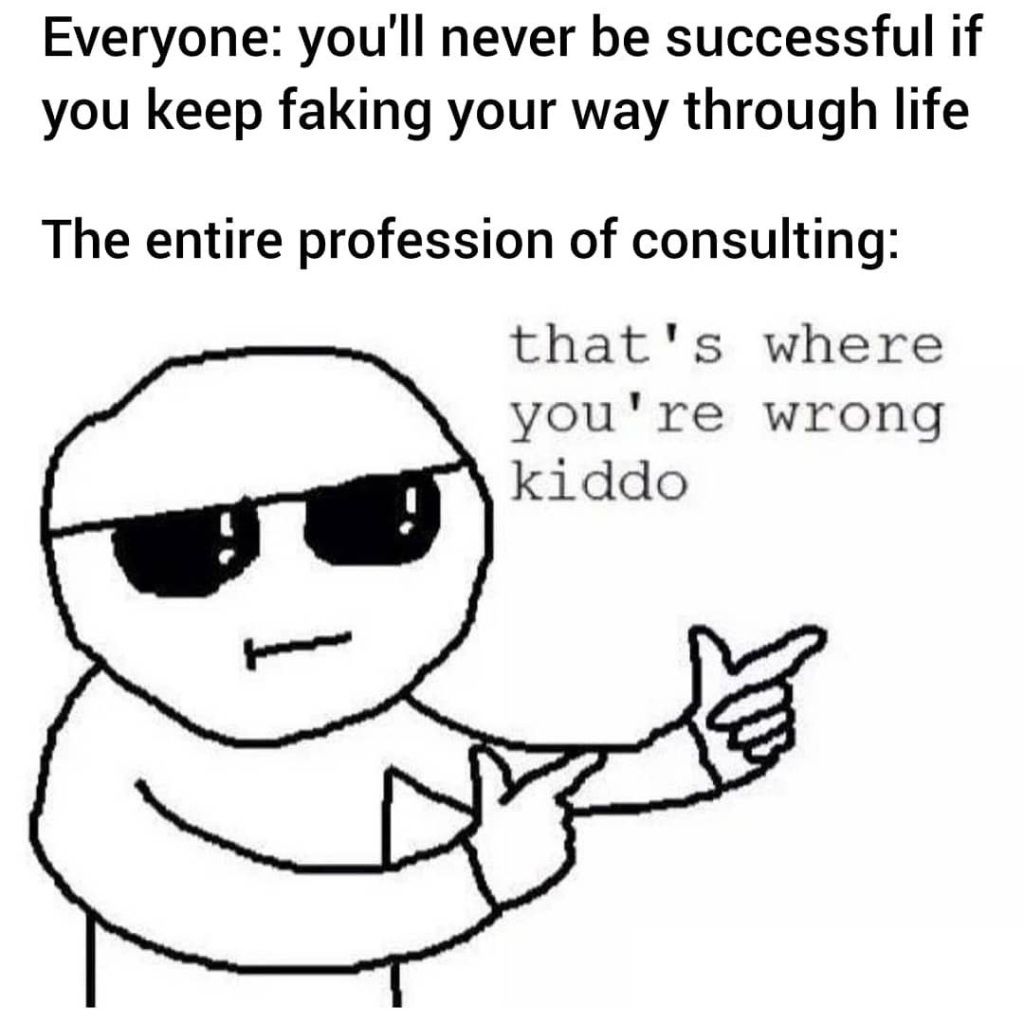
The United Nations publish their rates for consultants in Africa which ranges from US$79-145,000 annually(AU$120-220,000 pa or AU$120-210 per hour as a consultant) for someone from new to established experience. NGOs base their rates on what they can pay but getting international consultants even at a fraction is out of the reach of the church. UN and other expatriates employed in developing countries receive western salaries which locals could not conceive. In Australia $100 an hour is not a lot of money for a consultant as NGOs and many churches pay rates like this to contract consultants for specific projects. An example was a$200/hour expert to advise on database management in my last job, which BTW was cheap.

One trick I learned when asked to consult to an NGO to write policies about 12 years ago while working, was that once you have done the work once it is only a search and replace to adapt the policy for another client. In the end I did the work through my then employer in the disability agency I worked for, charged the actual cost of typing up our agency policies in the name of the client, added a percentage markup and the client (another NGO) was happy, our agency had developed a relationship and the policies supplied were able to assist the client with a tender. I later went to do some actual consulting for this disability agency (pro-bono) and served on their board after suggesting they needed me on it. Of course, they could have engaged a professional consultant, paid an arm and a leg and ended up with a report to implement which from my work with them would have been impossible at the time. So consulting is not an exact science and you will get different outcomes depending on how the consultant identies the situation and how to solve any problems as the following meme suggests.
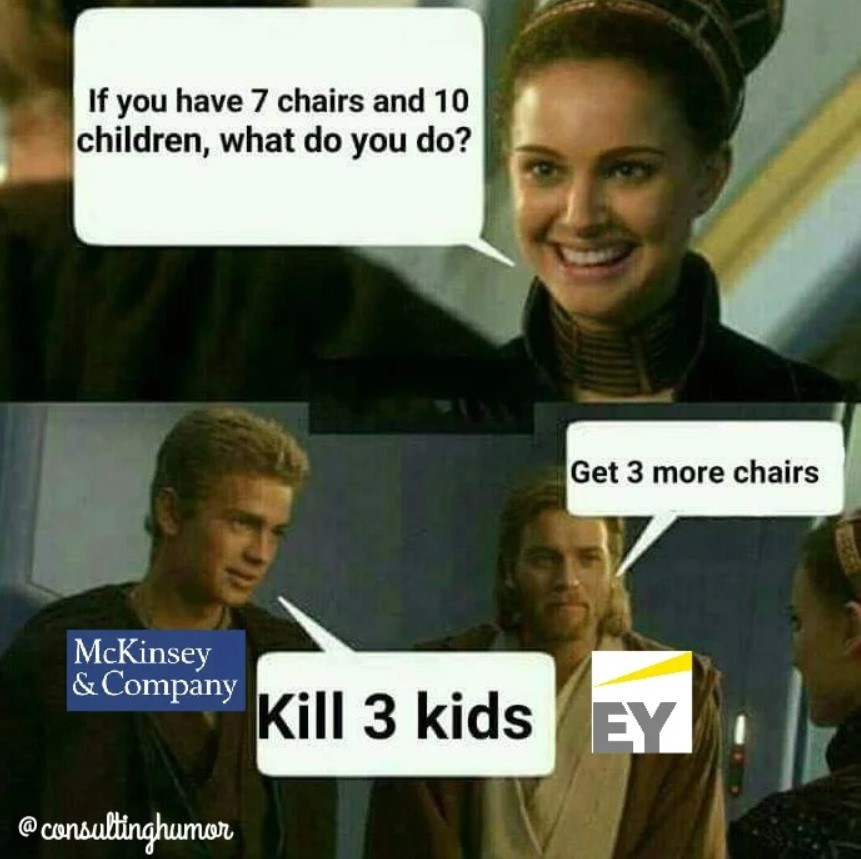
My six months in working in Tanzania last year impressed on me the lack of capacity the Diocese of Mara has in basic management and leadership. While senior staff at the diocesan office have adequate skills to manage their portfolios, it was obvious to me that the next level down such as heads of schools, vocational colleges and other institutions were good at their technical jobs but most had been placed in management roles with no training or development. This was not unlike the NSW Public Service of the 1970s to early 1990s that I worked in. Then the changes came.
So on my return this year I negotiated with the bishop to run a Leadership course which would lead to a certificate of Christian Leadership from Bunda Bible College. Whilst not accredited by the government, there are hundreds if not thousands of vocational colleges and other institutes of learning that provide training and skills without accreditation by the Tanzanian government. So out came my consulting hat.

So I have no shame in acknowledging how helpful Google has been in filling the content once I had identified what the important elements of this six week program were to be.
Leadership development, to run over six weeks for one day a week would be unaffordable for most individuals in Tanzania. So in developing and advertising the program I opted to run it on a Saturday so only people who were truly motivated would come in their own time, rather than attending in work time. It wouldn’t distract from schools and other places operations. Compensation was zero (no pay or time in lieu) and the only benefit would be a certificate awarded at the end. I expected maybe ten to a dozen may sign up. Sign up procedures were not as I had expected and it was not till the day prior (12 May) that I had any idea of the numbers. To my surprise I was informed by the diocesan secretary that somewhere between 25-30 people had indicated their interest. The program would alternate between Bunda and Musoma which are seventy kilometres or 75 minutes apart. This meant three weeks for travel for people in each location plus cost of bus fares. The first week was at Bunda.
I developed a program based on a very simple management or supervision program I had done in the 1970s as a newly graduated nurse and for which I still remembered the acronym, so it had it’s desired impact even fifty years later. I have since donemany management courses and a Masters in Management so I had the necessary knowledge, but more importantly the experience to faciliate such a program.
In reading for preparation I read about culture. The first week would include a session on guilt/innocence culture (in which we in the west operate) and the honour/shame culture (that many African and Asian and other societies operate in ) and its impact on leadership.
My major concern about running this program was about participation and involvement and would I have enough material to share? So great idea but lots of doubts prior to week one along the following lines.

Week one had my doubts melt like ice on a hot day. Not only did 25 individuals attend including twelve who travelled to get there, but the level of engagement was outstanding. I did emphasise to all that this was not a compulsory program, it was their own time and I would not be offended if they chose not to attend again, especially if they thought there was no value in the time spent today.
On arrival at Bunda Bible College, I instructed all desks to be removed from the room. What will we write on I was asked. I explained this was not a classroom, I was not a teacher and the learning would come from their participation. Great reluctance to comply as this is a culture that expects didactic learning and in fact that is how sschool students learn (chalk and talk).
My first topic on World Views or how culture affects leadership extended over three hours, much more than I had anticipated. The discussion was insightful for me. A separate blog will come about this once I process everything that I learned. The following slide raised a lot of issues as we role played scenarios and discussed the difference between how they operate as opposed to me in various facets of behaviour – communication providing the best examples.
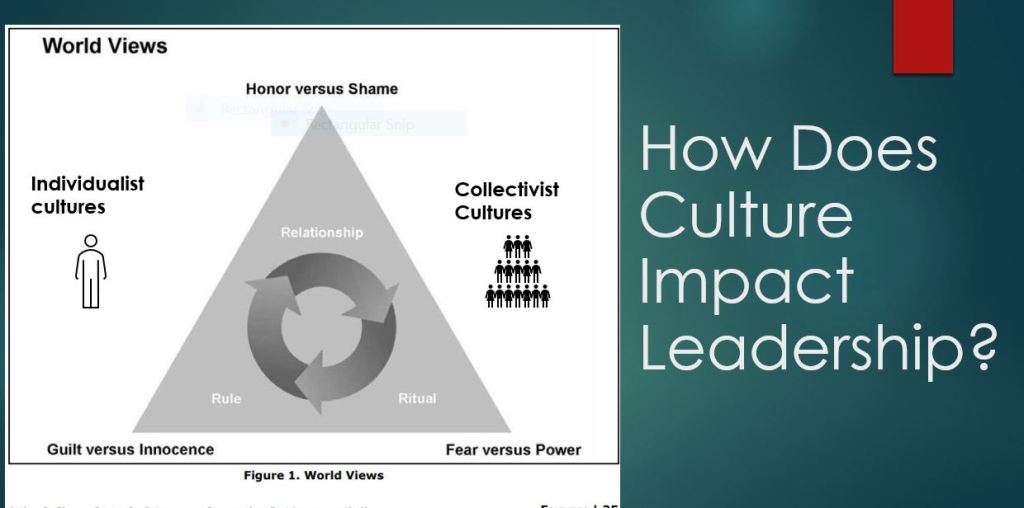
Other subjects covered included Management or Leadership?, What is a Leader?, Jesus as a Leader, My Role as Leader, How Does God Want Me to Lead?
What Does Mara Diocese Expect of Me as a Leader?, Leaders – born or made? and Leadership styles. Presented on 15 of the 25 slides and the wrap up was generally positive as each was asked to identify one learning from the day.
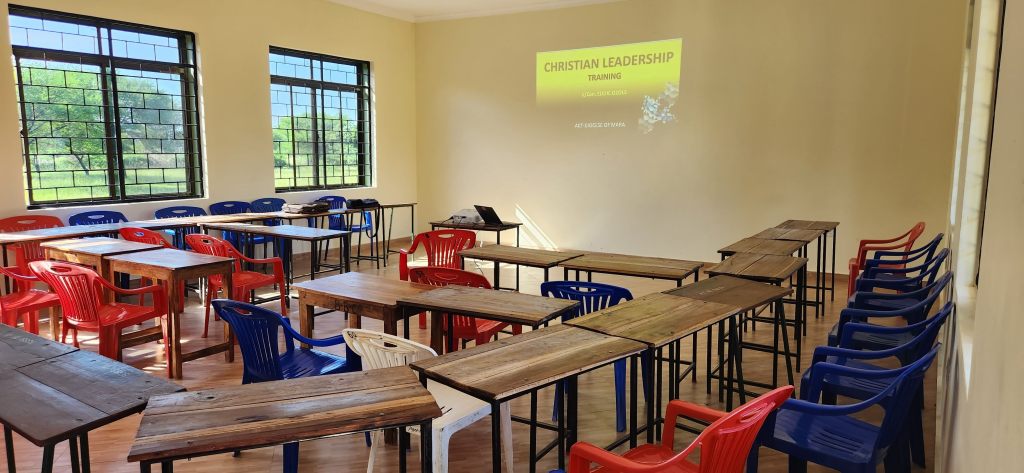
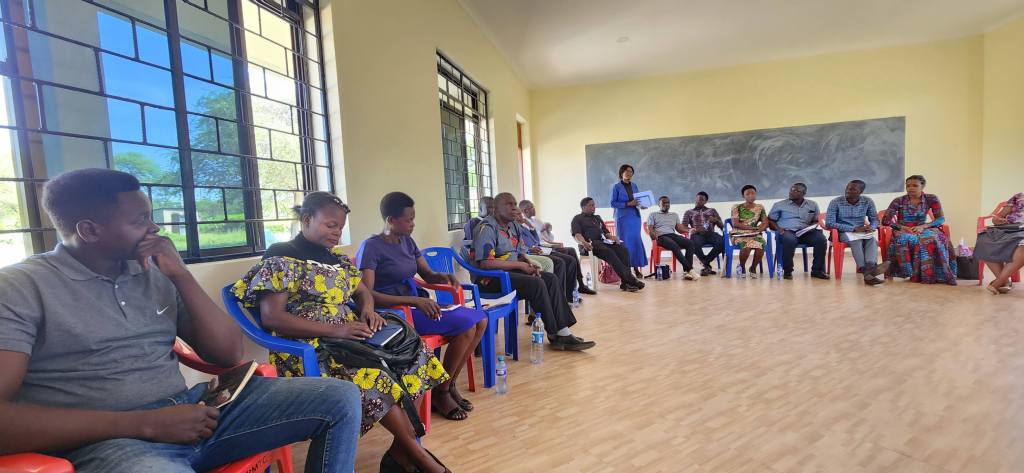
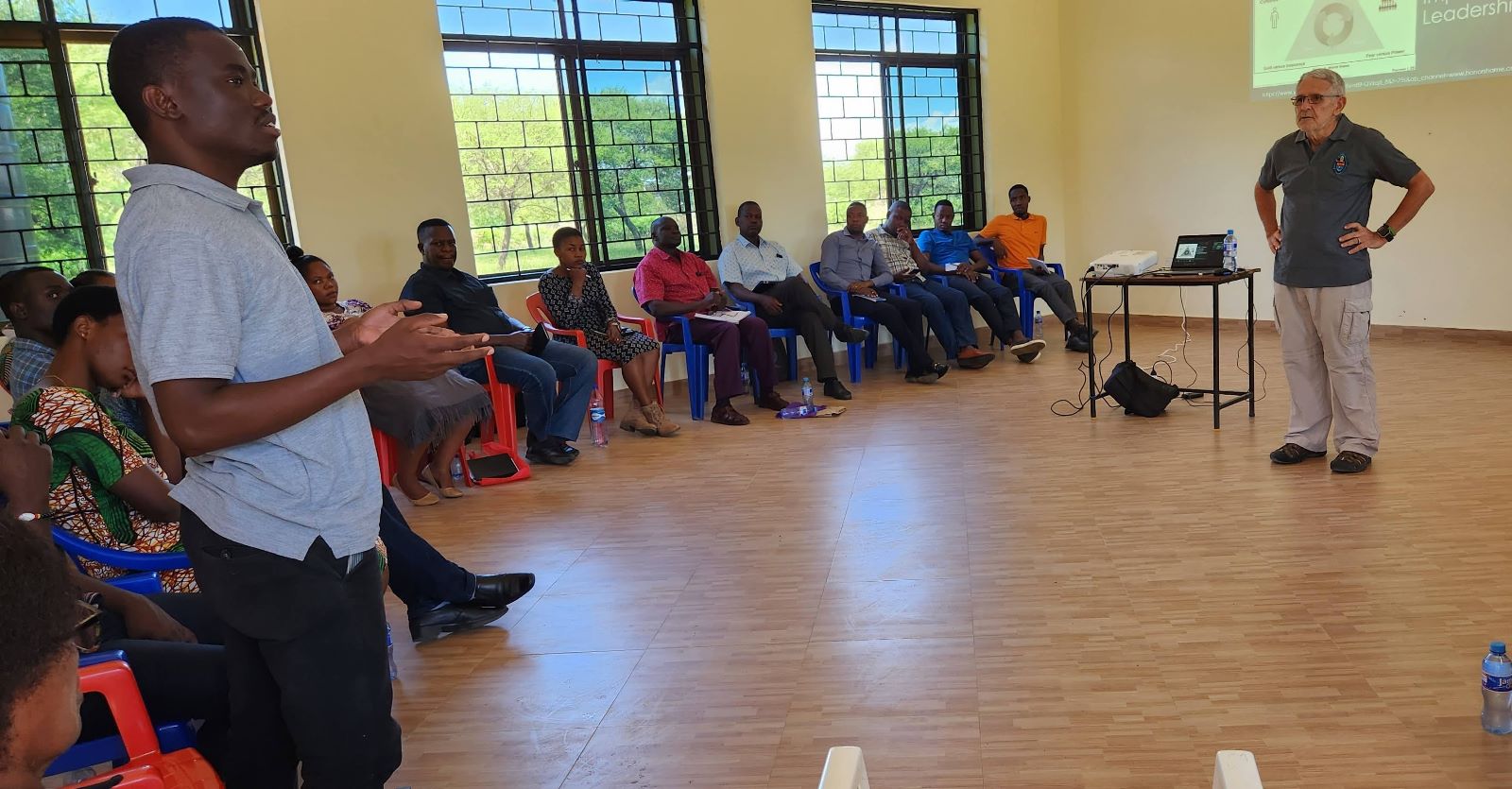
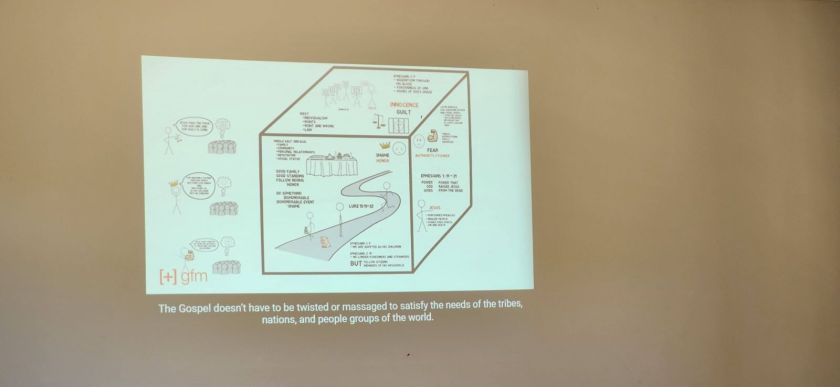
A follow up email a few days afterwards with a copy of the slides and that was week 1 done and dusted. I received eight or nine replies thanking me for the day and telling me they were backing up for week two, a fortnight after the initial session.
Session two (they are fortnightly) was on 27 May. The topic was planning and I find planning boring, so I was hoping I could present material that made it interesting. Amazingly thirty four (34) turned up for session two and three from the first session did not return. Eight of the new attendees were from one school which did not get the message as their head was away when news was circulated.
Topics covered in this session, after a brief review of the previous session included What is Planning?, Types of plans, Strategic planning, SWOT Analysis, Long- and short-term plans, Budgets and planning, Forecasting, Contingency and Risk Plans. As boring as I thought this sounded I had sponges sitting before me soaking this information up. A few videos, working in groups to consider aspects of a SWOT analysis and lots of discussion made this as interesting as the subject of planning could possibly be.
Completing as much planning material (as I could deliver) I opened up again on culture. Again this led to quite animated discussion and disagreement, which in this context is almost unkown. More material for said blog about worldviews, culture and leadership. However we were thirty minutes over my planned conclusion but they were engaged!
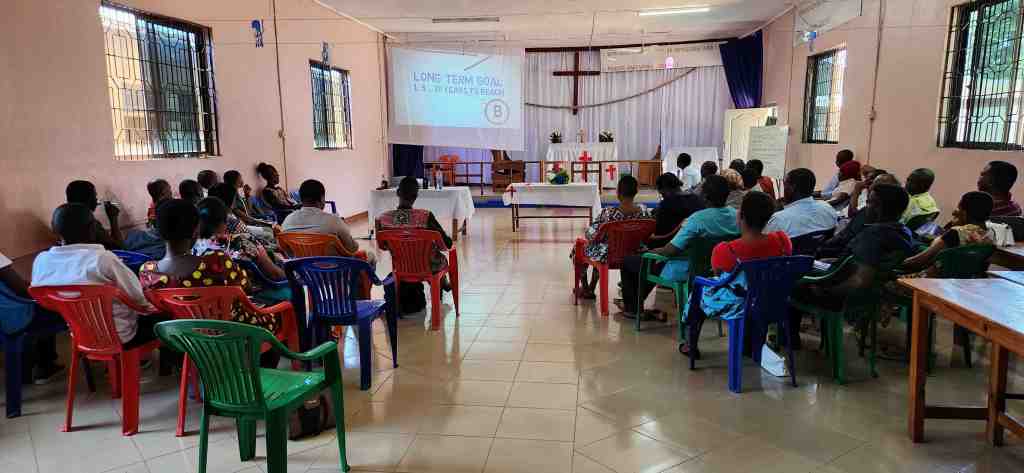
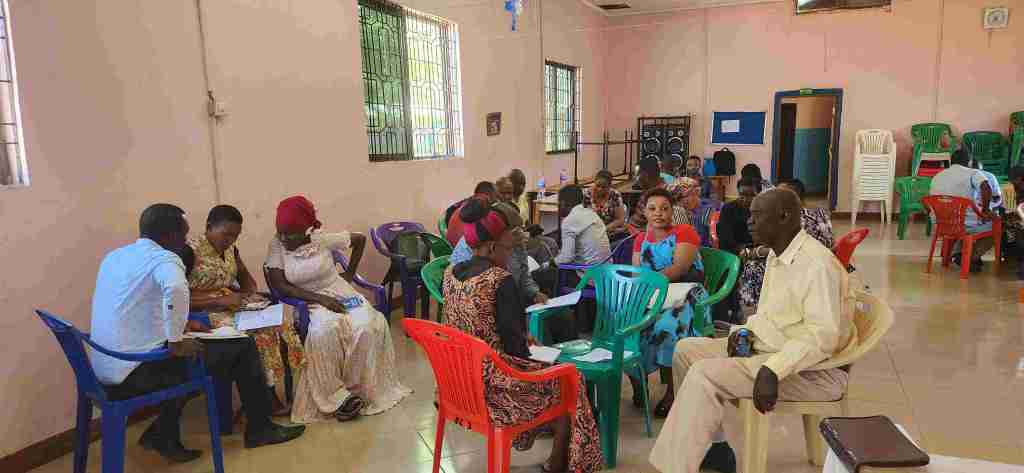
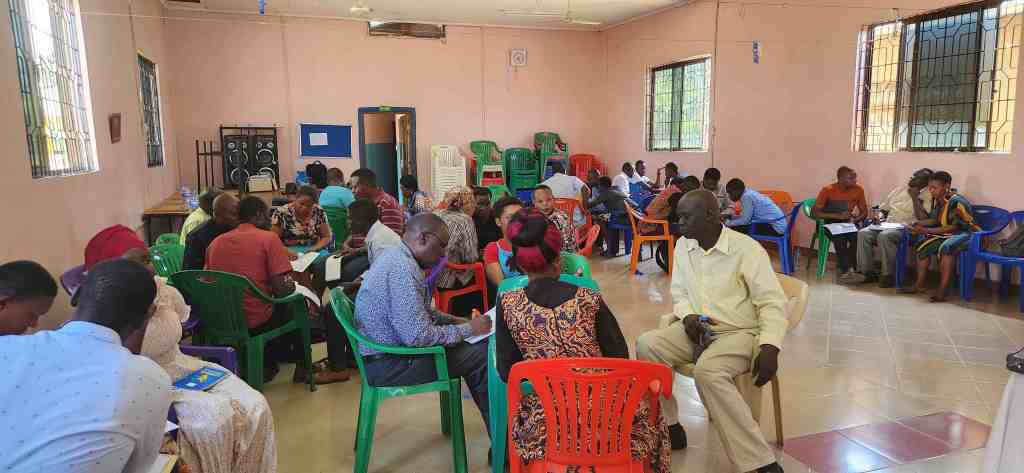
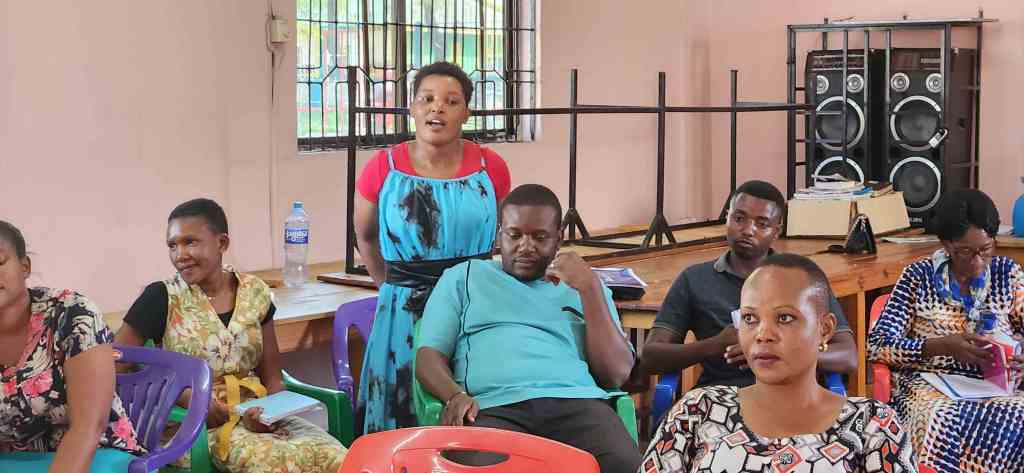
The last two weeks have been routine and busy. Another laptop which I arranged to bring across was handed over to the Bunda accountant who is very impressed after using it for a week. On Sunday 21 May I preached my second sermon on Ruth at the English service. It is only four chapters but jam packed as a tragedy which blossoms into a love story and history of the ancestry of Jesus.
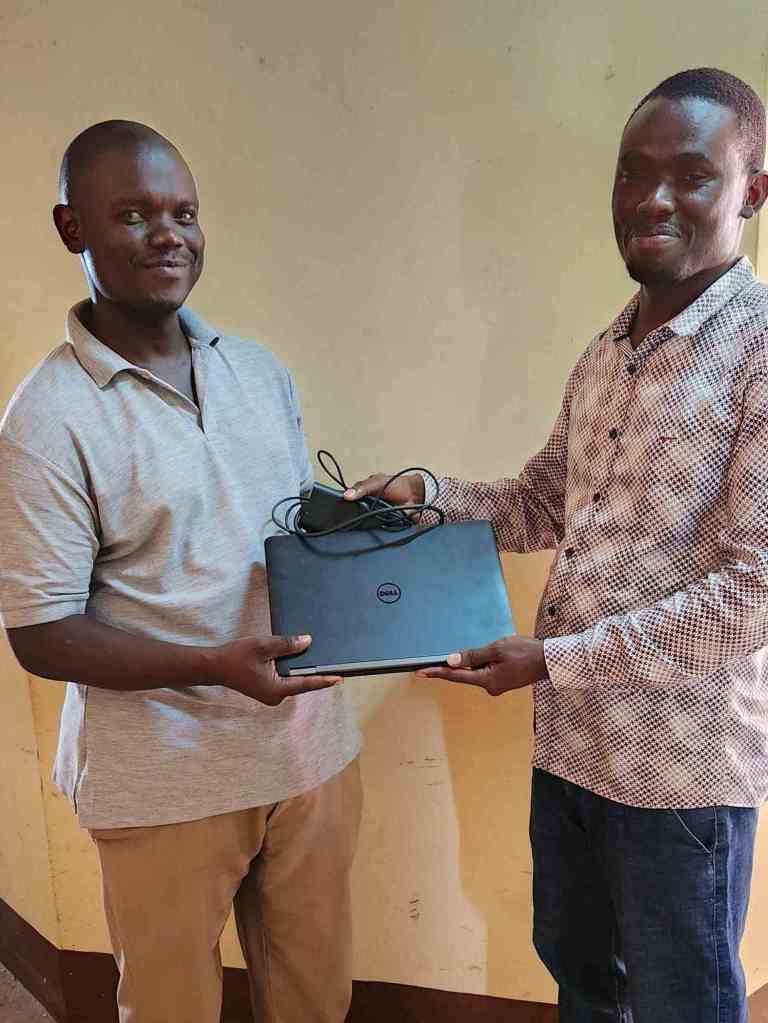
The day after the above photo was my birthday and I was unwell. The day following I spent time at the Coptic Centre on a drip and confirmation that malaria had struck again. Twenty four hours later fine, but tired. It has been a wet as opposed to dry, wet season so the mozzies are in force.
The weekend was quiet but I did entertain the IT guy for dinner together with Juliana who has moved into the bishop’s house. Marriage is on the agenda for both of them so in this culture arranging meetings like this is par for the course (and it was suggested I might facilitate this).She came to take a job and the bishop has offered her a spare room. He is her Godfather (not in the mafioso sense).
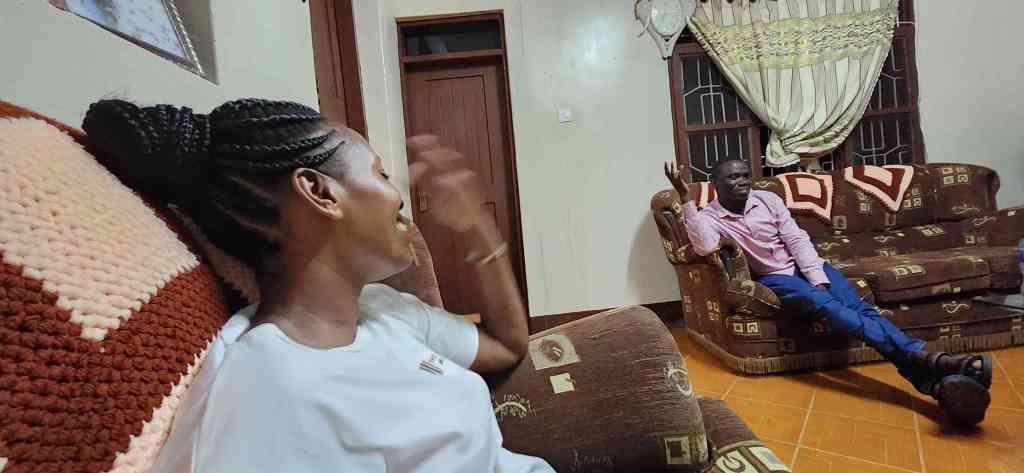
I have also been trying to get the MU Hostel finalised and visited there a few times. The staff has decided to replace the roof with funds left over from donations before COVID which are still in Australia. This involves getting fundis to quote the work. There was more money than anticipated so apart from the roof, some painting and other work will improve this hostel no end and make it much more pleasant for the twenty plus girls who live there.
A new matron started and is a fascinating woman. Disabled since birth, she trained as an pastor and was someone I saw ordained last August. I gave her a goat, purchased after the service which was part of the offering. She told me she raised him until he was big enough to sell then bought a amle and female kid with the proceeds and banana plants to start a garden. Two days later when I visited again here she was with her treadle sewing machine, telling me she was a tailor previously. She preached at the Wednesday afternoon service and has a big booming voice. Heard her again in the cathedral Sunday and she is good in presentation and ceertainly appreciated by congregants.
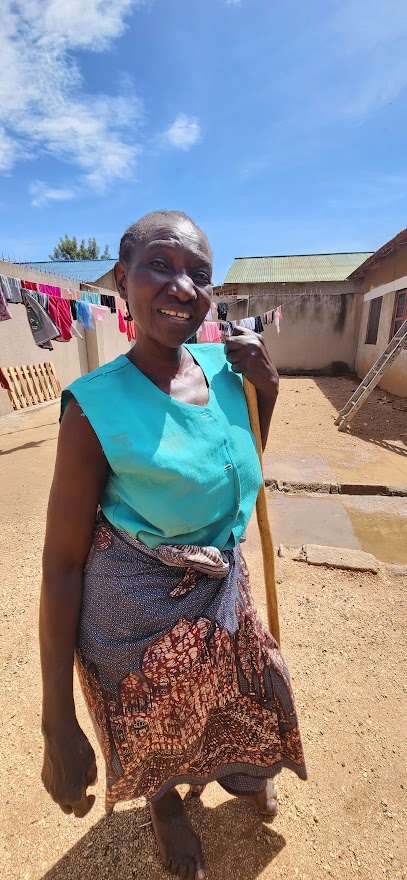
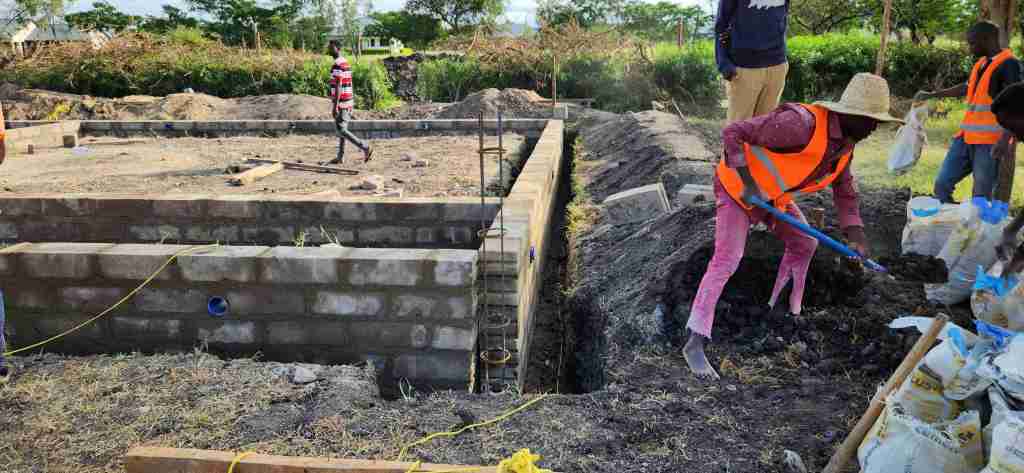
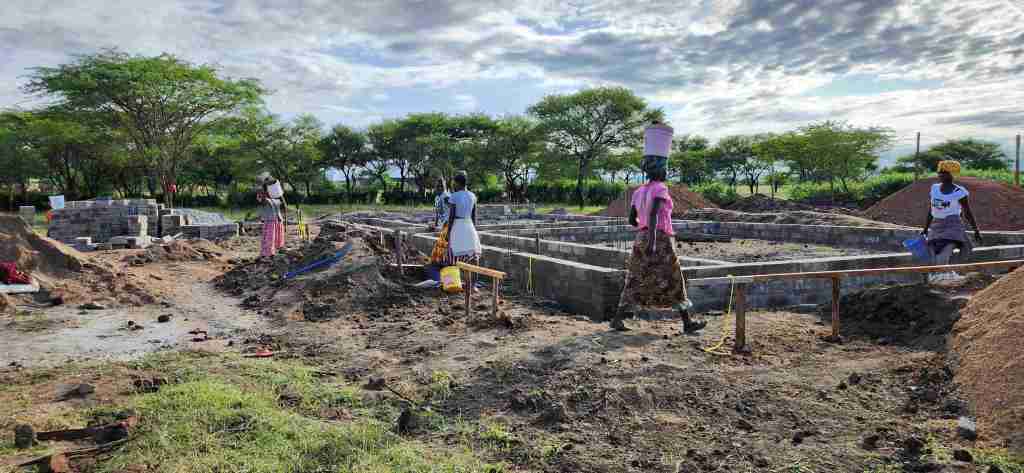
An overnight to Bunda to arrange two meetings on Friday including a video conference to Australia with the principal of the Bible college to discuss IT in theological education and contributing to a workshop for bookkeepers working in all institutions. The surprise there was that what was to be a workshop for Bunda only turned into a whole diocese workshop with over 25 there. Nickson, the Bunda accountant did an amazing presentation (all in Swahili) but was confident, well organised and had good material.
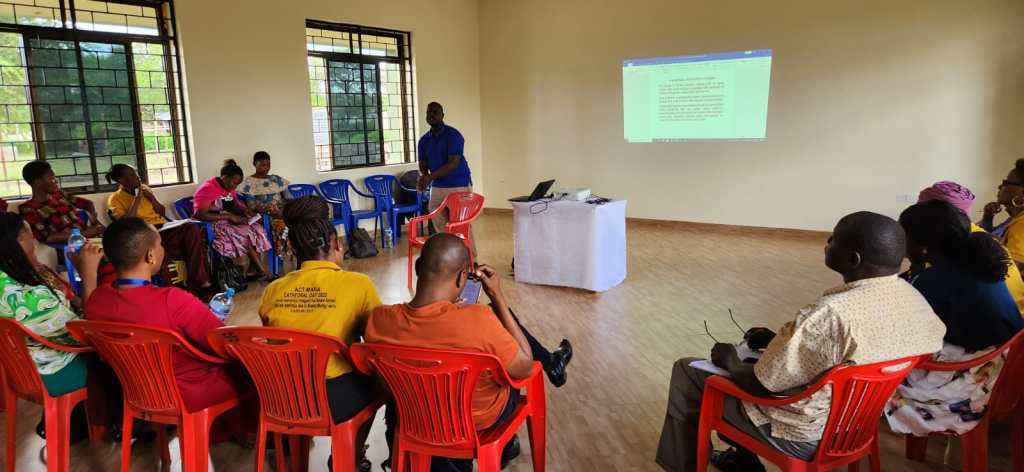
And that is the fortnight.
